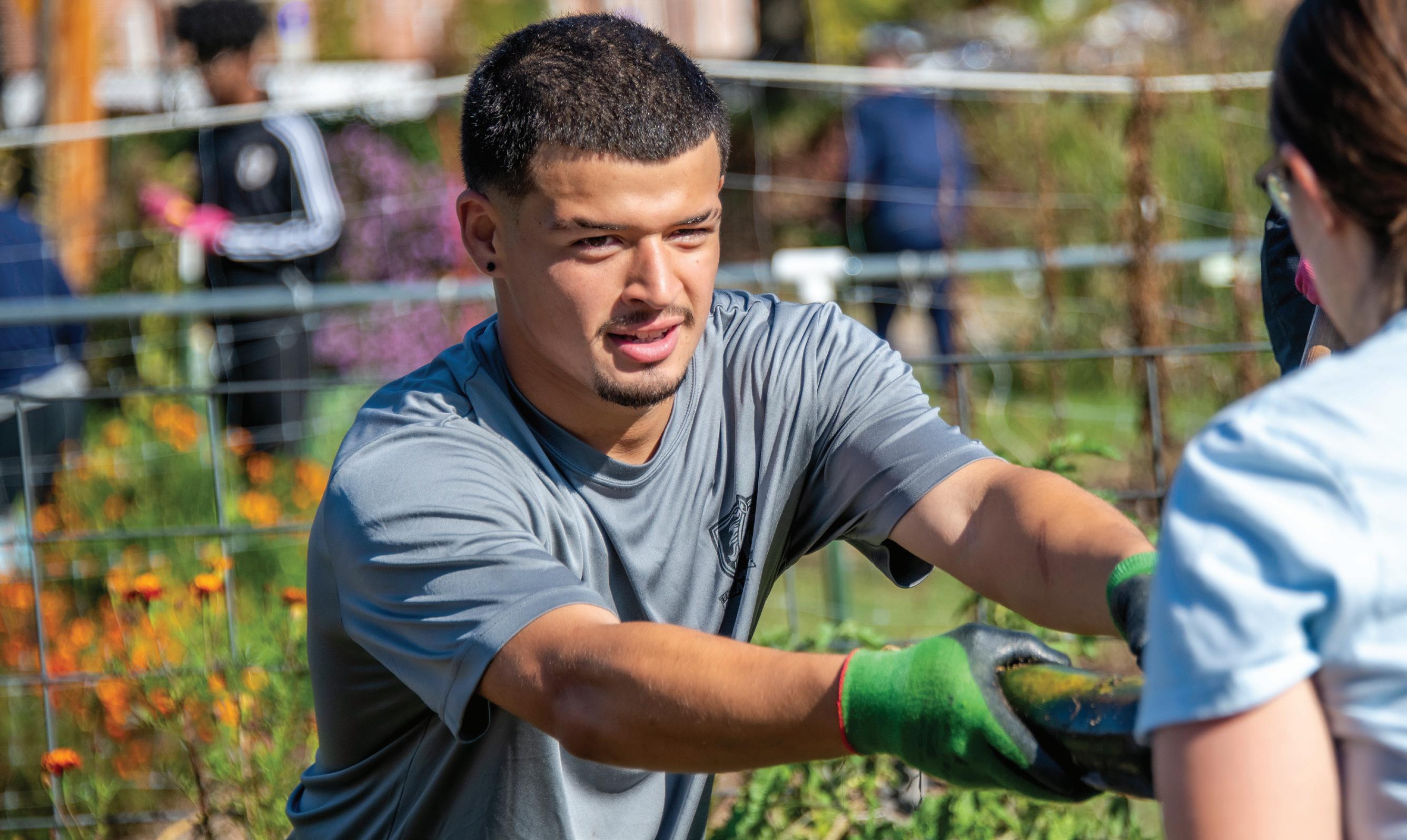








The Common Market is thrilled that we’ve reached the fifty-year mark, and we thank the Frederick Community for your constant support!
We started, in 1974, as a handful of Frederick County families who pooled their collective buying power, channeled their cooperative ideals, and worked together to bring healthy and affordable food to their families, friends, and neighbors in the community. And now look where we are today…
Two Stores, One Co-op! The Common Market boasts over 9,300 Member-Owners and operates two full-service grocery stores and cafes in Frederick. Operating under the cooperative model of business for fifty years has allowed us to collectively make decisions that benefit community members who want to put nutritious food on their tables, learn about health and wellness, and give back to the community in which they live and work.
As any 50-year-old will tell you, there have been ups and downs along the path, but when you surround yourself with good people and good food, our motto “stronger together” rings true.
Our focus on local is the primary way that we’ve remained stronger together. Collaborating with community farmers, makers, partners and people, guides our decision making, reinforces the mission of providing healthy and affordable food to people in Frederick, and offers everyone a seat at the table. Spending your money on local products and in local businesses reinvests your money in the community!
I want to express gratitude to our Owners, Customers, Staff and the Community for making Common Market your favorite local grocery store for the past fifty years, and remember, at the Common Market, Everyone is Welcome. We invite you to join us on our collective journey and to celebrate with us: August 24th from 12-3 PM at the Rt. 85 Common Market store.
Cooperatively yours,

Roman Diaz General Manager
The Common Market Board of Directors consists of 9 elected Owners who each serve a 3-year term. Two Board seats are available to staff members who are also Co-op Owners. As stewards of our organization’s mission, the Board of Directors play a pivotal role in governing policies, upholding our bylaws, and representing our Owners.
Julie Richards
President
Alecks Moss
Vice President
Juan Ducos
Treasurer
Megan Schneebaum
Secretary
Joe Eastwood • Kai Hagen
Armando Martinez
Merrick McKelvie
Toby Schermerhorn
Directors
The Common Market is a member-owned cooperative serving the Frederick area with high-quality natural foods, health products, and household supplies. The Common Market seeks to responsibly serve its community through its products and by offering a path to a sustainable, healthful future through its structure, policies, practices, and shared values.
The Common Market exists in order to achieve the following ends in the local region:
1. A just, prosperous, and vibrant local food economy that connects local consumers with local food sources.
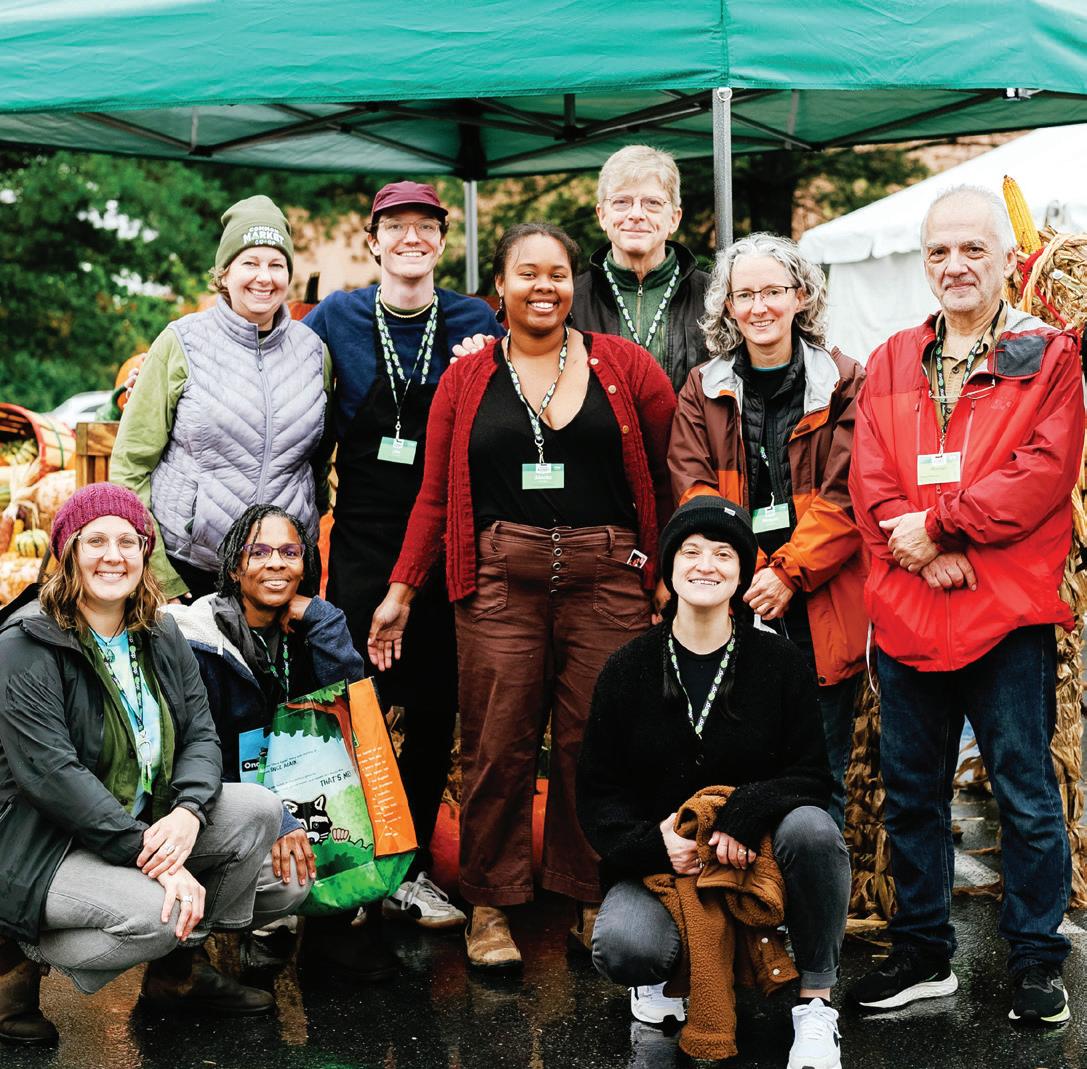
2. An economically successful and growing business operated on the model of cooperative ownership, thereby serving as a practical alternative to corporate, profit-driven, absentee ownership, and fostering expansion of the cooperative model.
3. A community whose members are educated about food, health and wellness choices, social and environmental issues in food production, and the value of cooperatives as an alternative business model.
4. A model for the use of environmental resources that is increasingly sustainable in the products we sell, the business we operate, and the practices we promote and support in the larger community.
We think co-ops are fabulous. Cooperation is, after all, a word that implies people working together towards the same end— mutually benefiting one another and the larger community. Both economically beneficial and socially responsible, co-ops are communityminded businesses that make the world a better place. Here are five fab reasons to celebrate co-ops:
1 2
At co-ops, everyone is welcome. You don’t need to be a member to shop at a food co-op.* Although membership is encouraged, and often provides additional rewards, your local co-op is democratically owned and operated, and all customers are welcome. So check out the fresh, delicious food that co-ops have to offer and, if you choose, become a member.
Cooperative businesses proudly operate with seven internationally recognized principles that serve as guidelines to provide a democratic structure for co-ops around the world. While adoption of these principles is not required, most co-ops choose to adopt them for their business. The food co-ops of National Co+op Grocers have chosen to incorporate an eighth principle: diversity, equity and inclusion. Cooperatives believe we are stronger when a proactive effort is put forth to engage everyone in governance, management and representation.
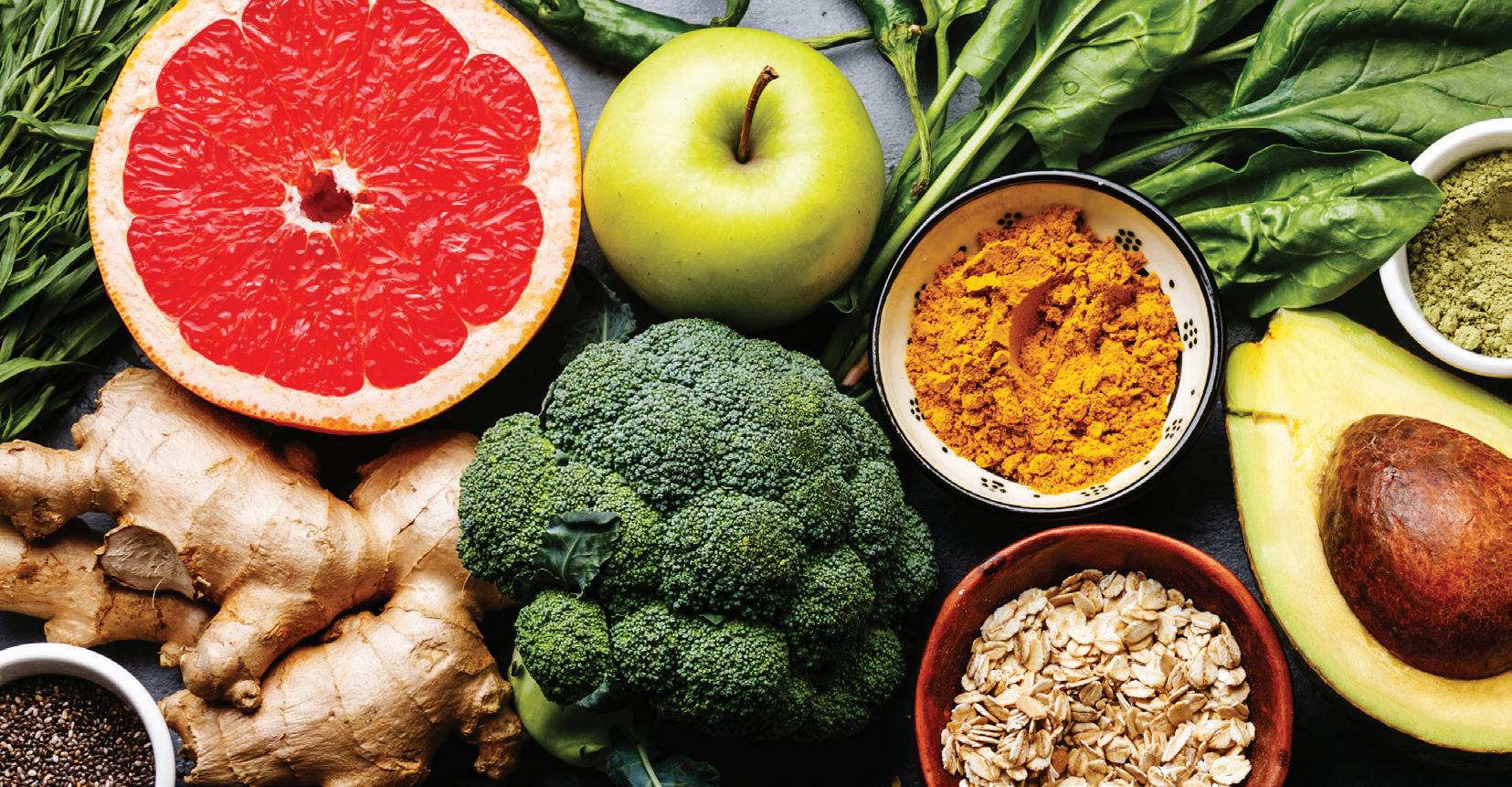
A food co-op is a grocery store owned by folks in their community (and by you, if you choose).
Unlike corporate chains, food co-ops are totally independent and owned by the community members who shop there. So instead of focusing on investors, food co-ops focus on their community — nourishing everyone according to their budget and cooking style. Co-op grocery stores are the place to find the best local food, because they know their local farmers and family business owners by name. And food coops are passionate about giving back to their communities. They believe that good food is just the beginning of what people can achieve by working together.
Everyone is welcome to shop, eat and hang out at a food co-op. And everyone is welcome to join
by becoming an owner. Co-op owners then get back financial rewards, as well as a vote to choose the board of directors and impact the co-op’s future direction.
While each food co-op is unique, they’re all working together toward the day when everyone has the delicious, healthy food they deserve!
Cooperation is working together toward the same end and joining forces to accomplish a task that can't be achieved alone. Simply put, co-ops provide the framework that allows people to get what they want in a way that better meets their economic, social and cultural needs. Cooperation builds strong bonds between the people who supply products and the people who use them. By their nature, co-ops offer a way to transform the way
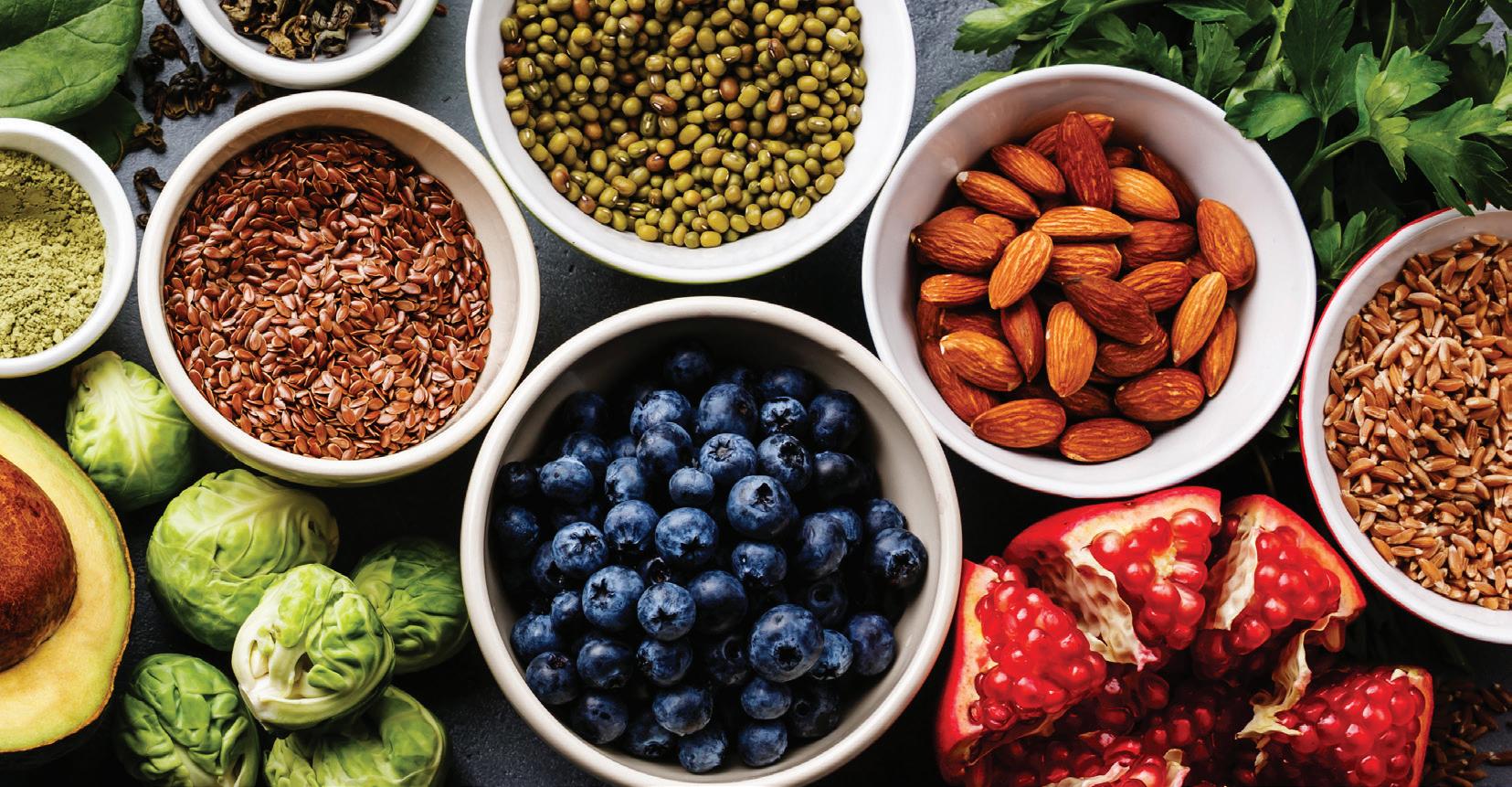
business is done — providing a means to get the products and services their customers need while strengthening the community and the world around them. Many co-ops set a standard for the surrounding business community through environmental and social responsibility.
In addition to a co-op's commitment to serving its owners, most adhere to a set of co-op principles that helps guide the business.
their co-op’s board of directors and have an equal voice in ballot initiatives. This democratic approach to business is at the heart of the cooperative philosophy.
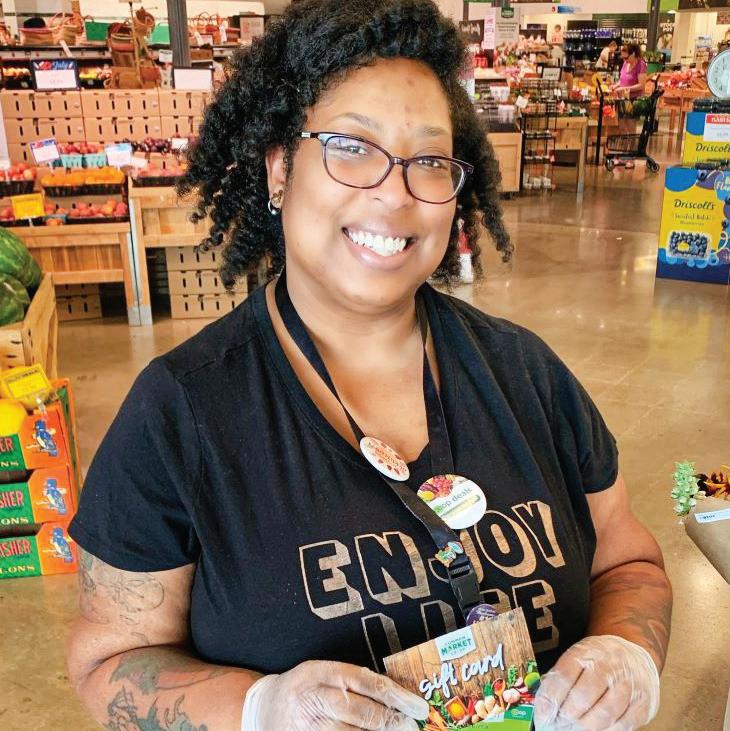
You don’t have to be a member to shop at a co-op — everyone is welcome — but ownership does have its perks. Owners typically receive financial rewards like discounts and coupons, and they can even earn a share of their co-op’s profits through patronage dividends. Owners get to elect
The benefits of owner-ship also extend to the entire community. Co-ops keep more money in their local economy, increase the market and access for locally produced food, and prioritize business practices that are good for people and the planet.
No other grocery store is so deeply rooted right in their community.
So, if you like the idea of a neighborhood gathering place for fresh, healthy and delicious food — one that’s committed and connected to the local community — the co-op’s doors are wide open to everyone, and there’s always a seat for you at the co-op table!
3 4 5
One of eight cooperative principles is concern for community, meaning co-ops work toward more sustainable communities through initiatives undertaken by co-op employees and approved by a democratically elected board.
By shopping at a co-op, you might be helping your community with hunger relief, nutrition education, support of local producers or environmental conservation.
The cooperative model is unique. A co-op exists to serve its members, but the members are also the owners. With ownership comes an opportunity to participate in co-op elections and to reap economic rewards for ownership, often in the form of patronage dividends.
Globally, there are nearly one billion people who are cooperative memberowners. In the United States, there are more than 29,000 co-ops. Beyond your neighborhood food co-op, cooperatives exist in other areas such as brew-pubs, dairy farms, credit unions, electric, hardware stores, crafts, housing and chocolate, to name a few.
Notice the DOTcoop at the end of our URL? As co-op fans, we like to brag about this little badge of honor that demonstrates major credibility. The .coop puts co-ops on par with the web domains like .org, .edu and .gov. Co-ops have their own domain, so when you're on .coop you can trust that you're working with a verifiable cooperatively owned business.
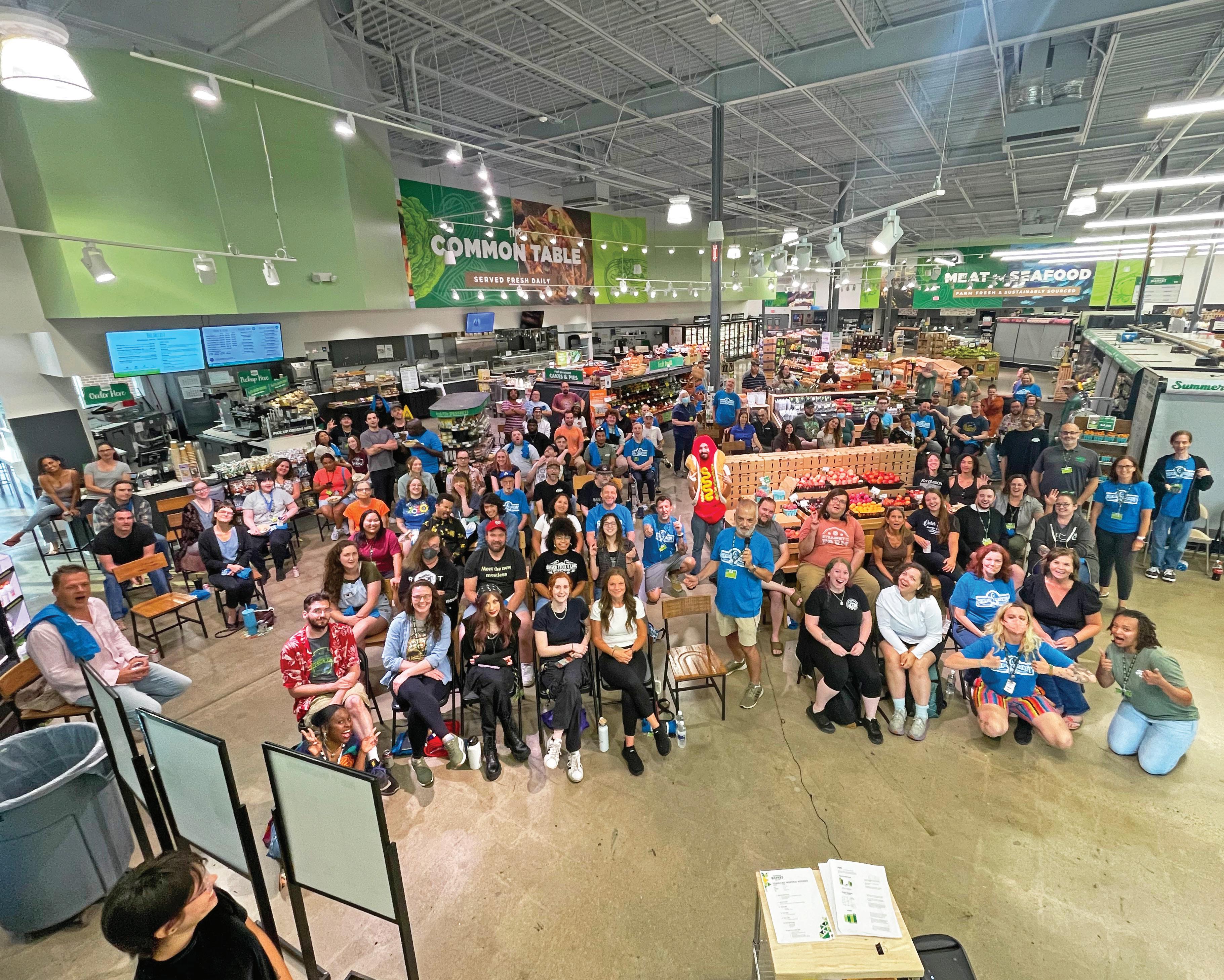
“As a West Coast transplant, landing a job at The Common Market was the perfect way for me to put down roots in the community. Not only have I been able to grow professionally and advance within the company, but I’ve also formed deep and meaningful relationships with my coworkers and community members. Being part of the Co-op has been incredibly rewarding, and I’m grateful to be surrounded by people who share my passion for supporting local businesses and farms.
Amanda Harmon | Education, Outreach and Owner Services Coordinator
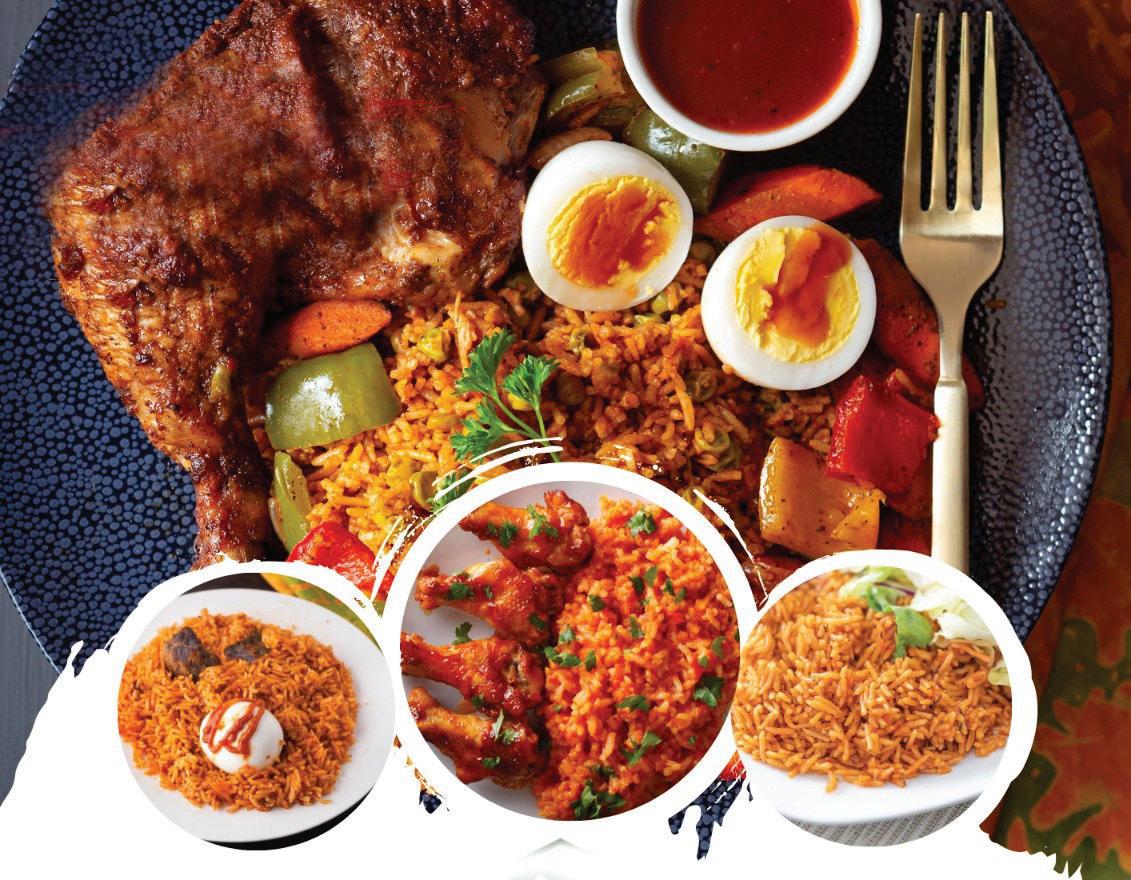
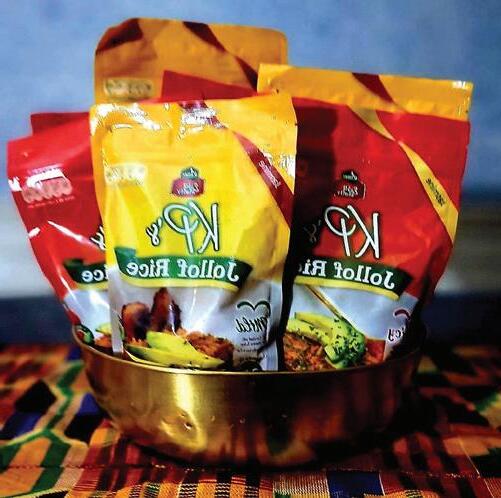
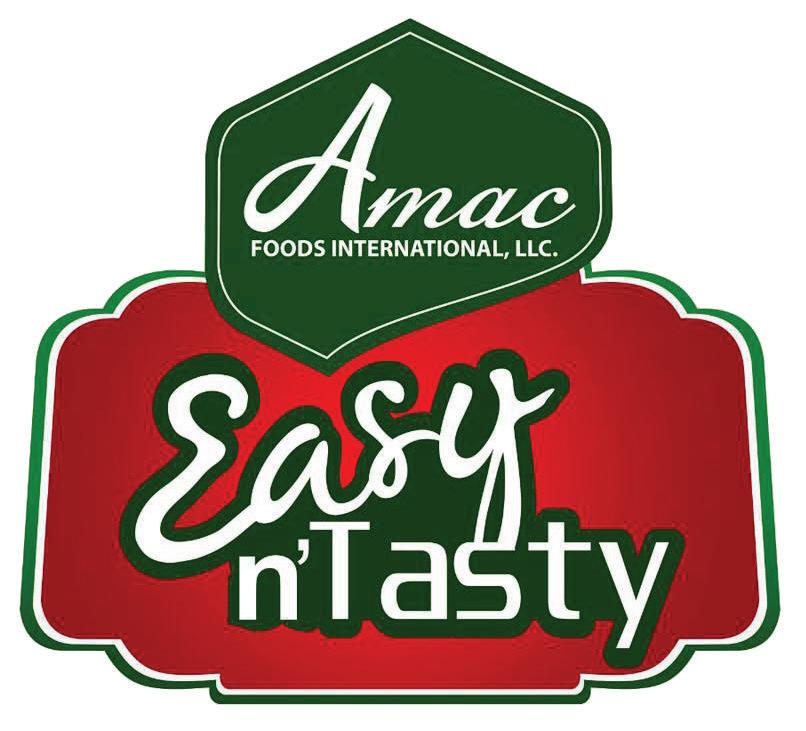




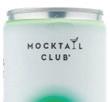
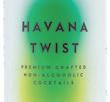
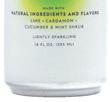
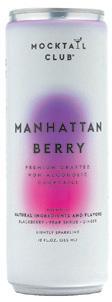
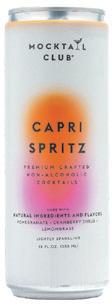

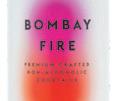
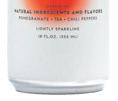


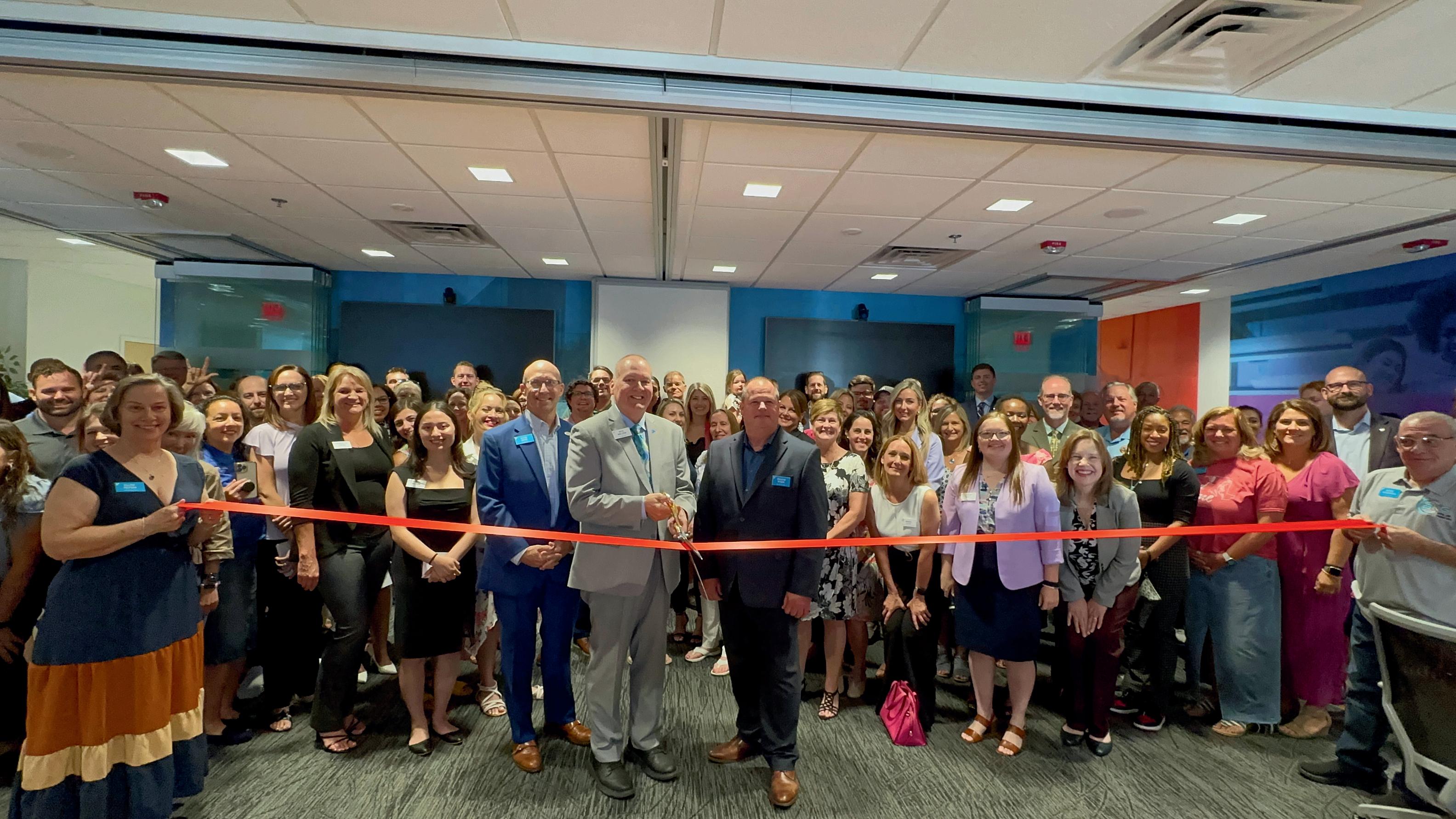
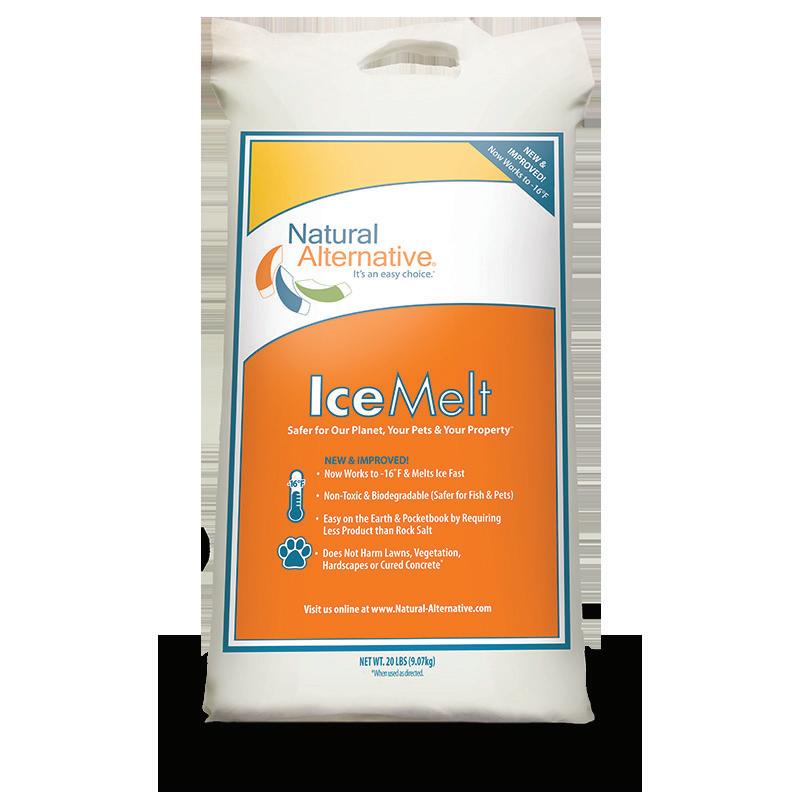
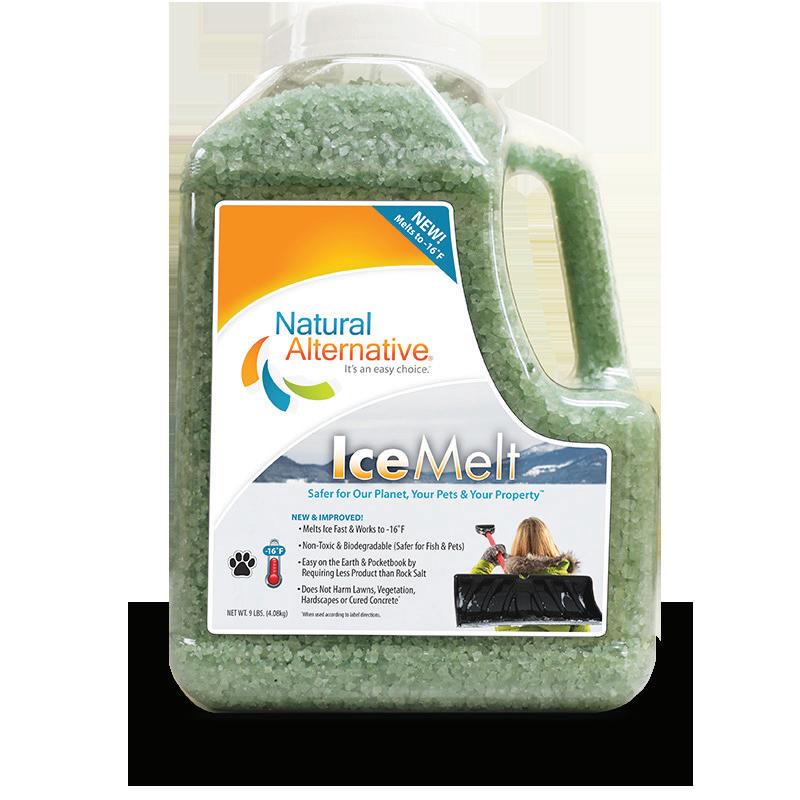

Safer for pets paws
Melts ice fast
Works to -16°F
3X more powerful than rock salt
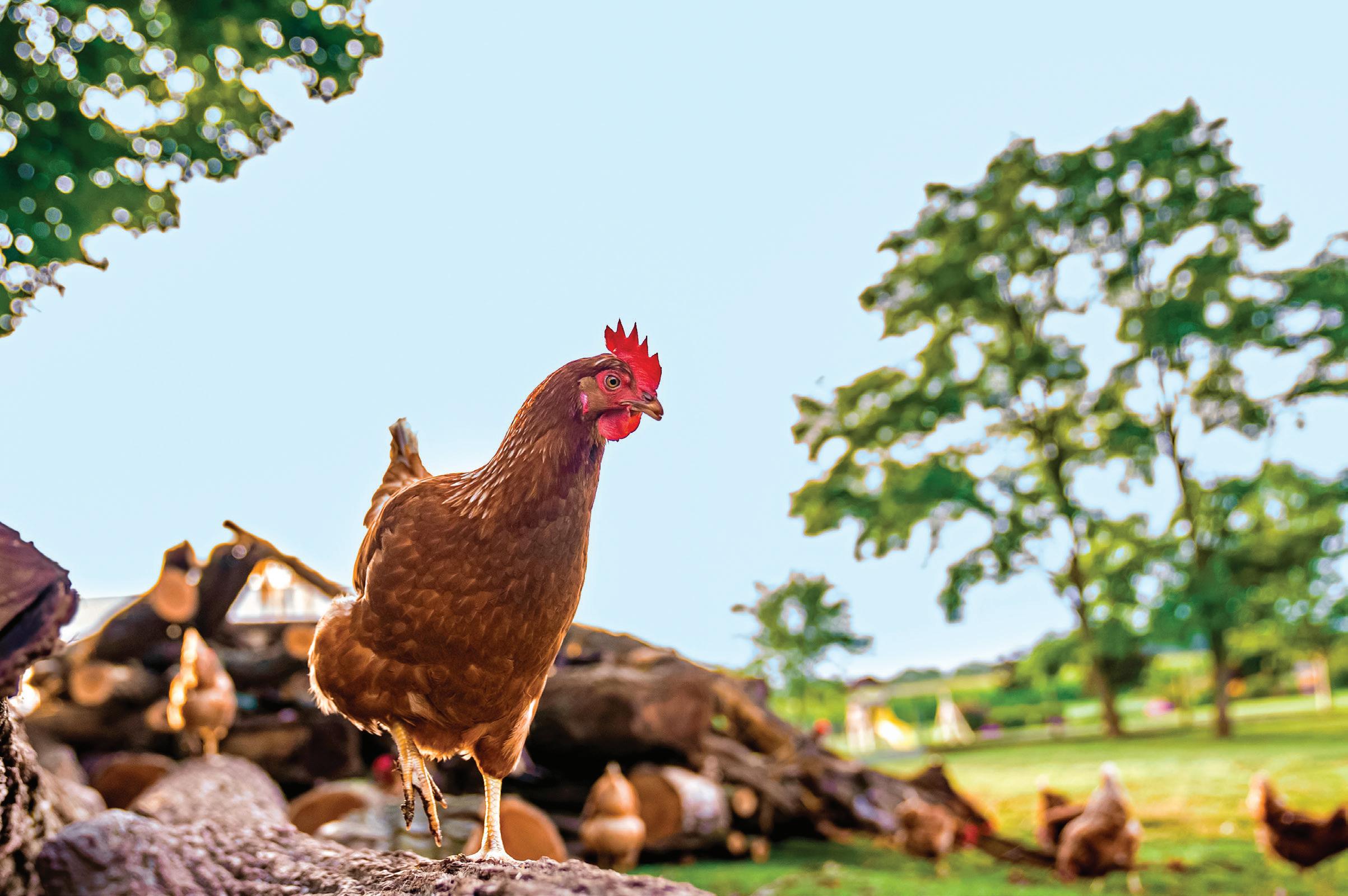

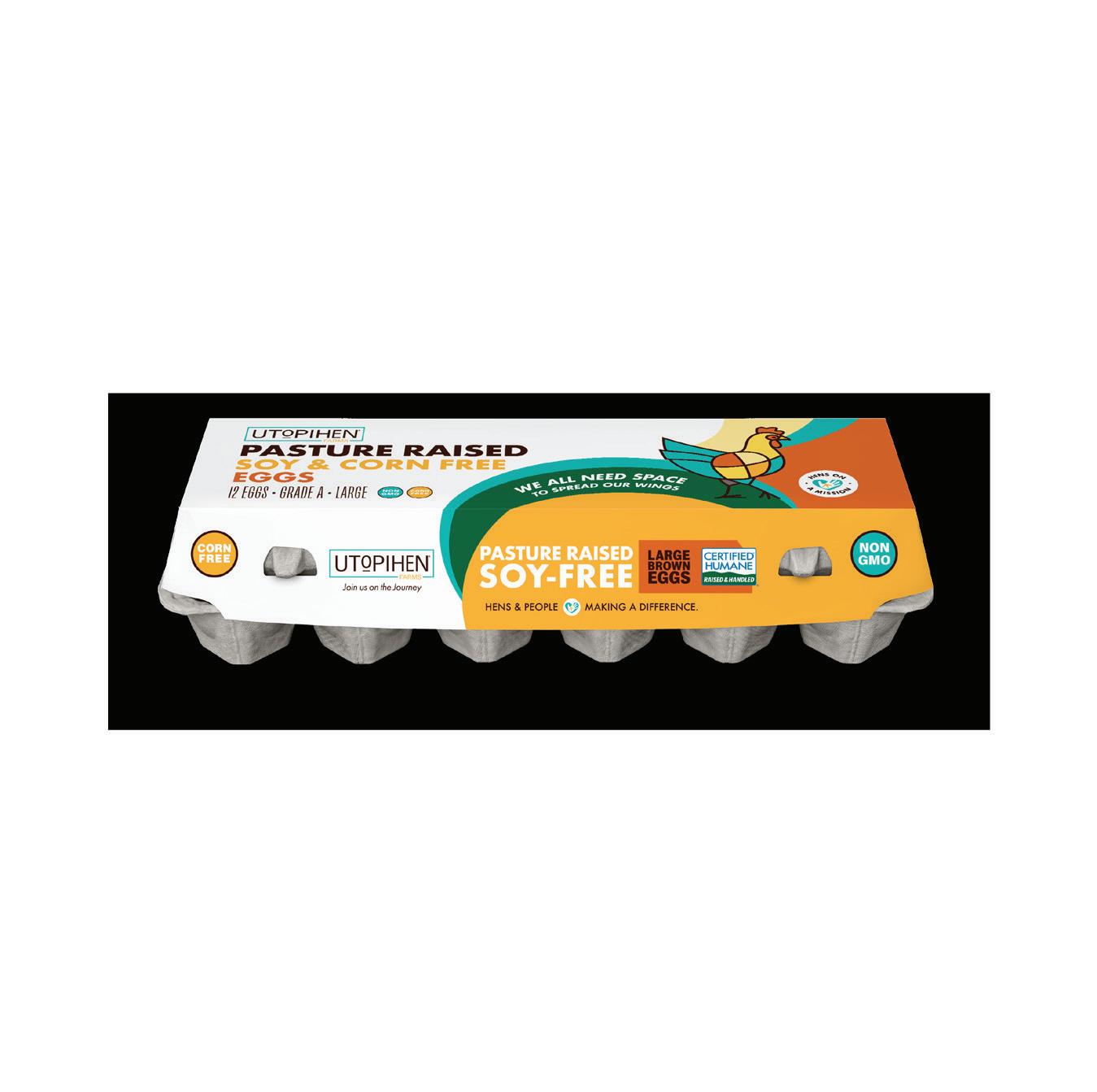
3
We’ve been around SINCE 1974 –starting as a buying club in the living room of a Frederick family’s home.
Everyone is Welcome! You don’t have to be an Owner to shop at the CO-OP.
Our slogan is Two Stores, One Co-op
We offer 33,000 SQUARE FEET of grocery store & café in Frederick.
1 6 7 8 9 2 4 5
Our Buckeystown location opened in 2006.
Our 7th St. location opened in 2020.
Our triple bottom line is: PEOPLE, PLANET, PROFIT and we look at all of these aspects as we make business decisions
We operate under 8 Co-operative Principles.
We employ 162 LOCAL PEOPLE.
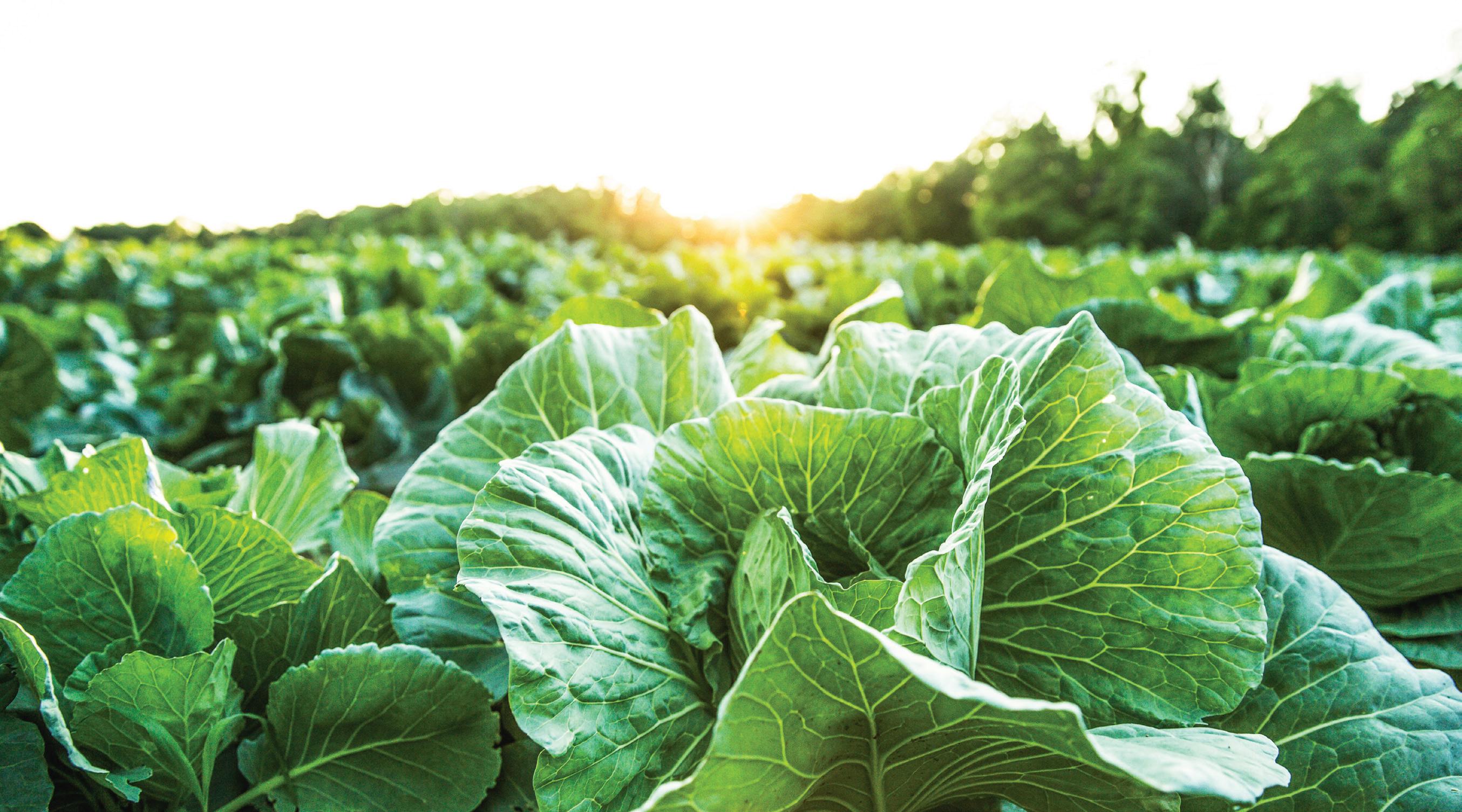
10
85% OF OUR EMPLOYEES are full time staff, but all staff have access to benefits.
We have 9,300+ OWNERS, and anyone age 18+ in the community can buy a share of our business.
A share of our business costs $200 and can be paid in increments.
Owner benefits include 10% OFF YOUR GROCERIES 3 times per year, in addition to other coupons and sales throughout the year.
CAN BE OWNERS, Community members can be Owners, all Owners can run for a seat on the Board of Directors
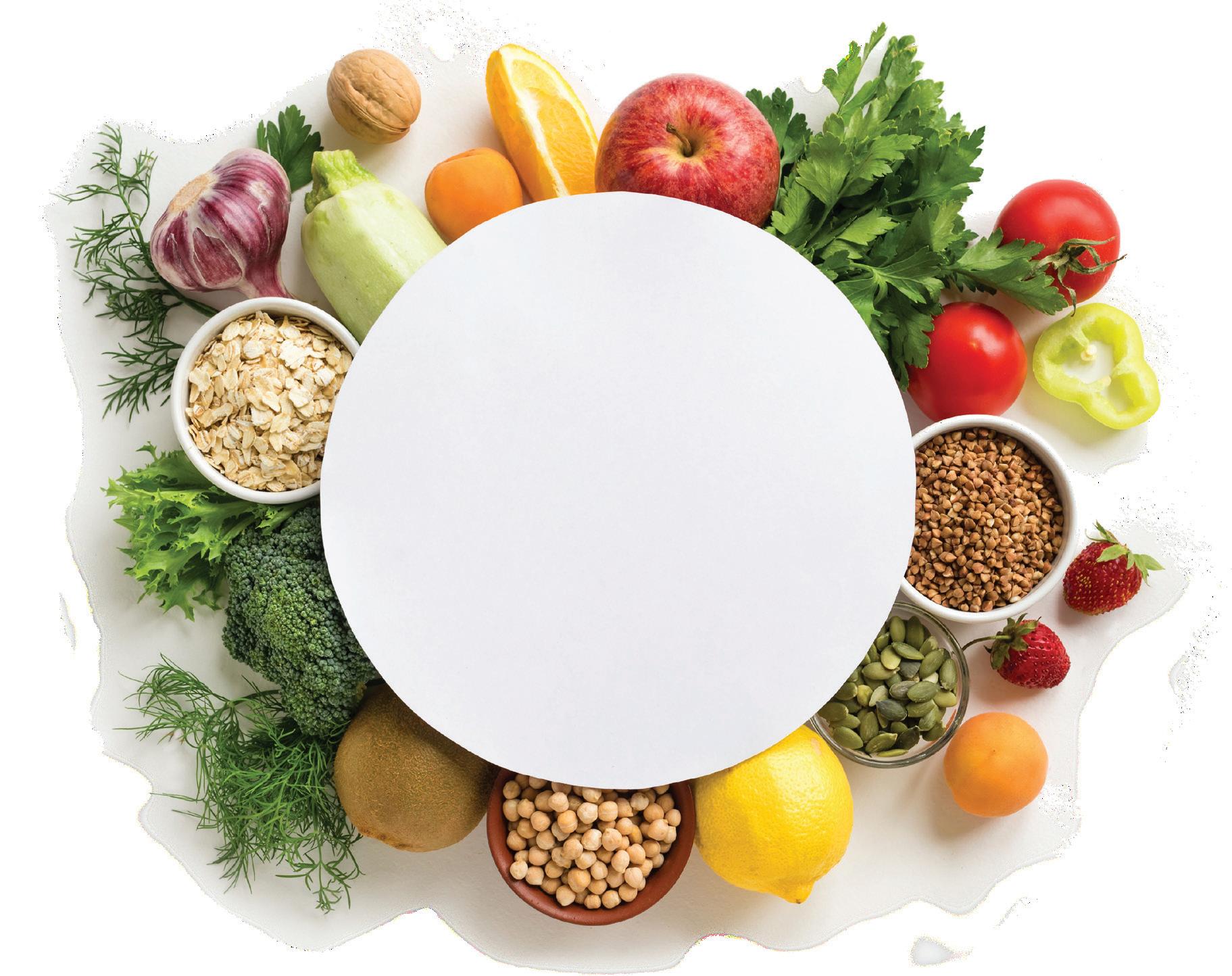
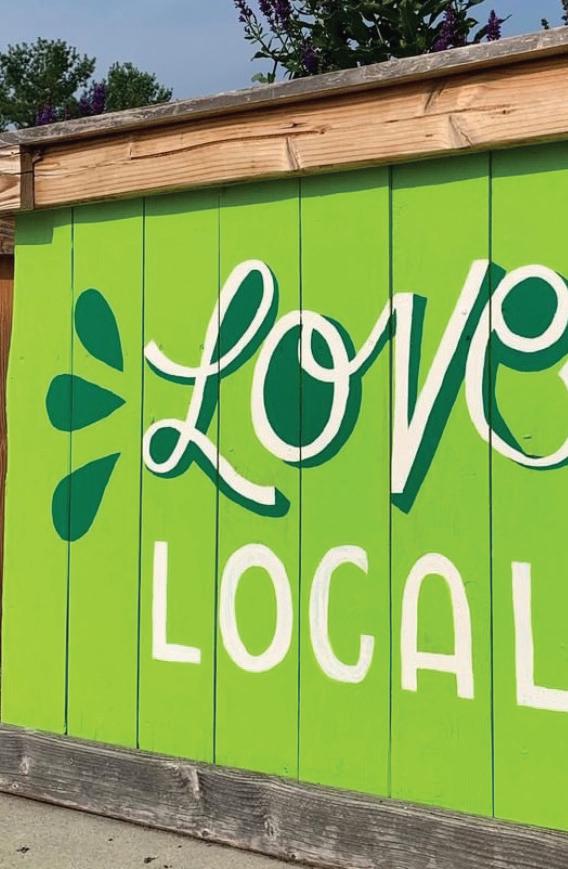
Our Board consists of 9 members who serve a 3-year term.
Common Market is committed to a democratic process of governance.
Our Annual Meeting is called OWNERFEST with food, music, and Co-op updates –everyone is welcome to attend.

REBATES are given to Owners in the years that the Co-op is profitable.
Owners vote on our BRING A BAG FOR CHANGE recipients –all local non-profit organizations.
23
Common Market offers EDUCATIONAL CLASSES in our community rooms and on local farms, many are free or discounted to Owners.
Common Market recognizes the importance of building resilient food systems.
Our meat departments are full-service butchers, customers can request special cuts, unique game meats, and shop the LARGEST SELECTION OF LOCAL AND NATURAL MEETS IN FREDERICK.
We offer CASE DISCOUNTS and SPECIAL ORDERS from all departments! Just ask the service desk or order online.
We embrace e-commerce ... shop the Co-op from Instacart or Webcart.
OUR CAFÉ CATERS! Including breakfast burritos!
Common Market composts waste with Key City Compost. And we sell table top composting bins for your home or office!
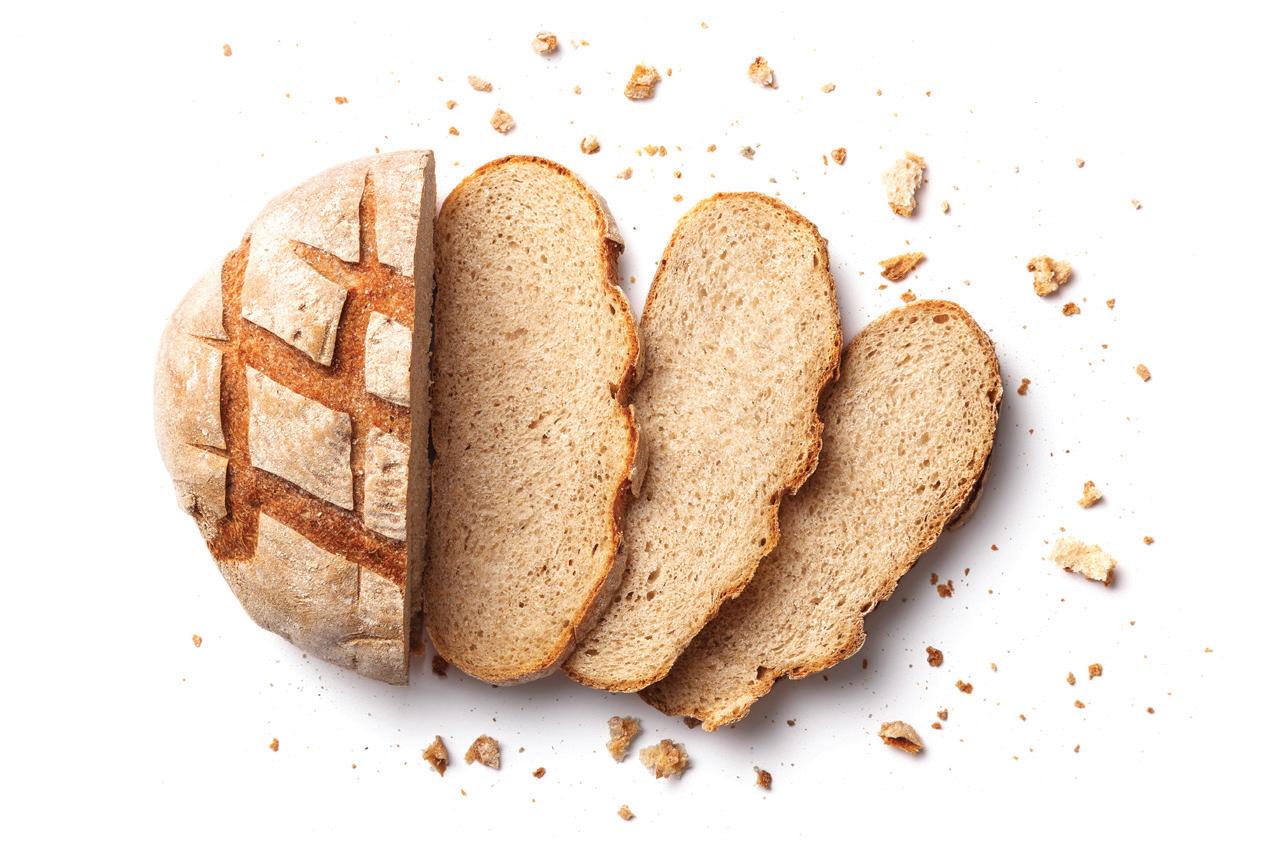
our
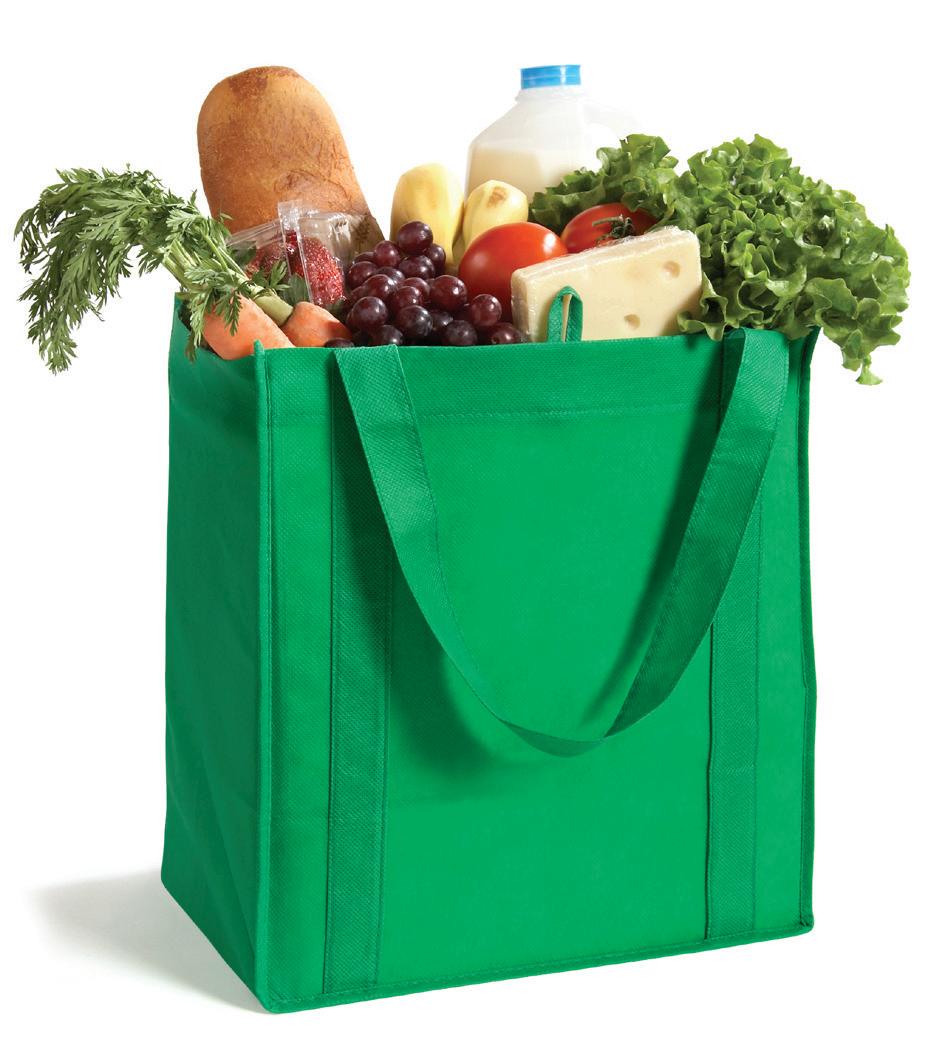
We have 45 COMMUNITY PARTNERS, many of whom offer discounts to Common Market Owners.
Our HEALTH ATTRIBUTE’S KEY is posted around the store and is very useful for those shopping certain diets or with food allergies
We offer the largest bulk shopping option in Frederick, including nuts, grains, snacks, coffee/tea, cleaning products, hair and body products! Good for your wallet and good for the environment.
We are a CSA pick up point for Flourish Flowers and Pleasant Hill Produce.
We have permanent collection bins for SHIP, THE FREDERICK RESCUE MISSION, HEARTLY HOUSE, and BEYOND BOARDERS.
ECO-FRIENDLY SHOPPING includes LED lights that are motion triggered so they only come on when people are shopping those products!
We are partners with the CHESAPEAKE BAY FOUNDATION and host a recycling site at the 7th St. store.
Common Market supports Fair and Inclusive Trade ... look for tags on shelves to advocate for these programs with your grocery dollars.
Frederick’s largest selection of non-alcoholic beer, wine & cocktails can be found at the Common Market
Our local, natural or organic Thanksgiving turkeys & hams are second to none. Come for holiday tastings in early November before placing your orders.
We offer 5% off to those community members who are AGE 60 & WISER EVERY WEDNESDAY
We stock a variety of items for a variety of budgets – Common Market wants to offer healthy food to everyone in the community. We accept EBT, SNAP and just became approved for the WIC program.
Eco-friendly shopping includes cruelty free and package free cosmetics.
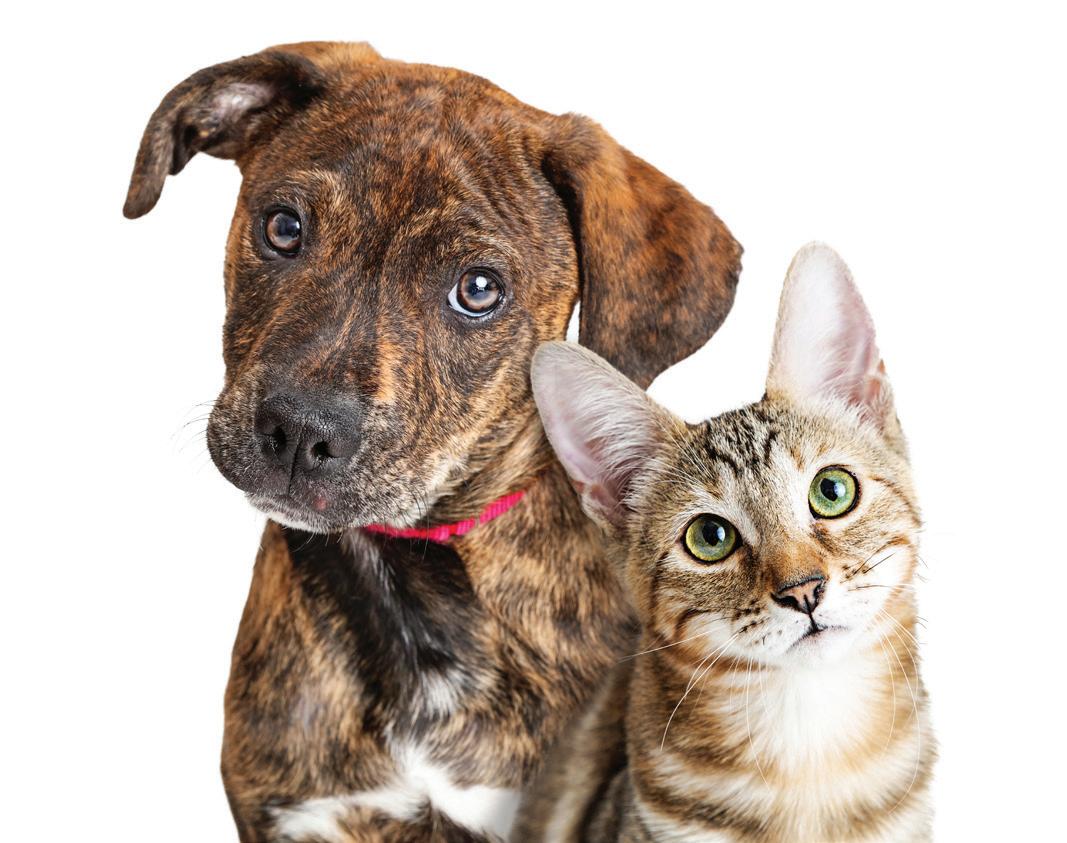
HOUSE BRAND COMMON MARKET supplements keep your body and your bank account healthy.
Our community events are open to everyone, so keep an eye on our calendars ... we recently collected 5 tons of textiles during a recycling event with the Frederick County Department of Solid Waste, and worked with Transit Services of Frederick to help people learn how to use the local bus system.
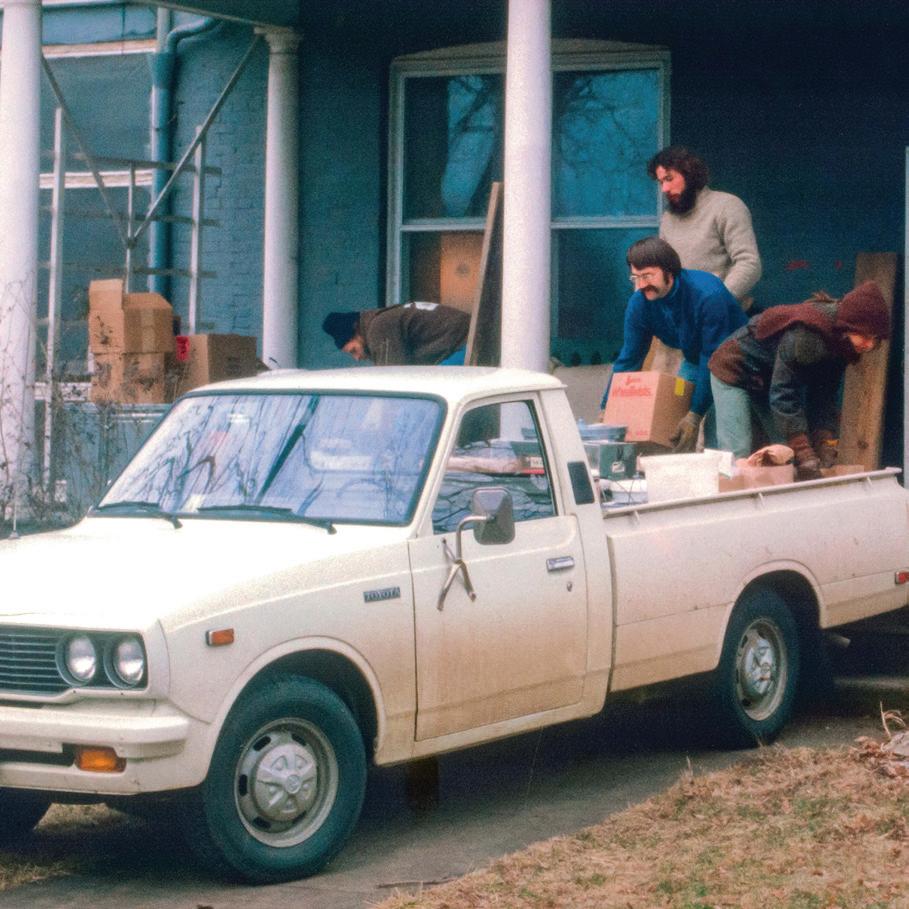
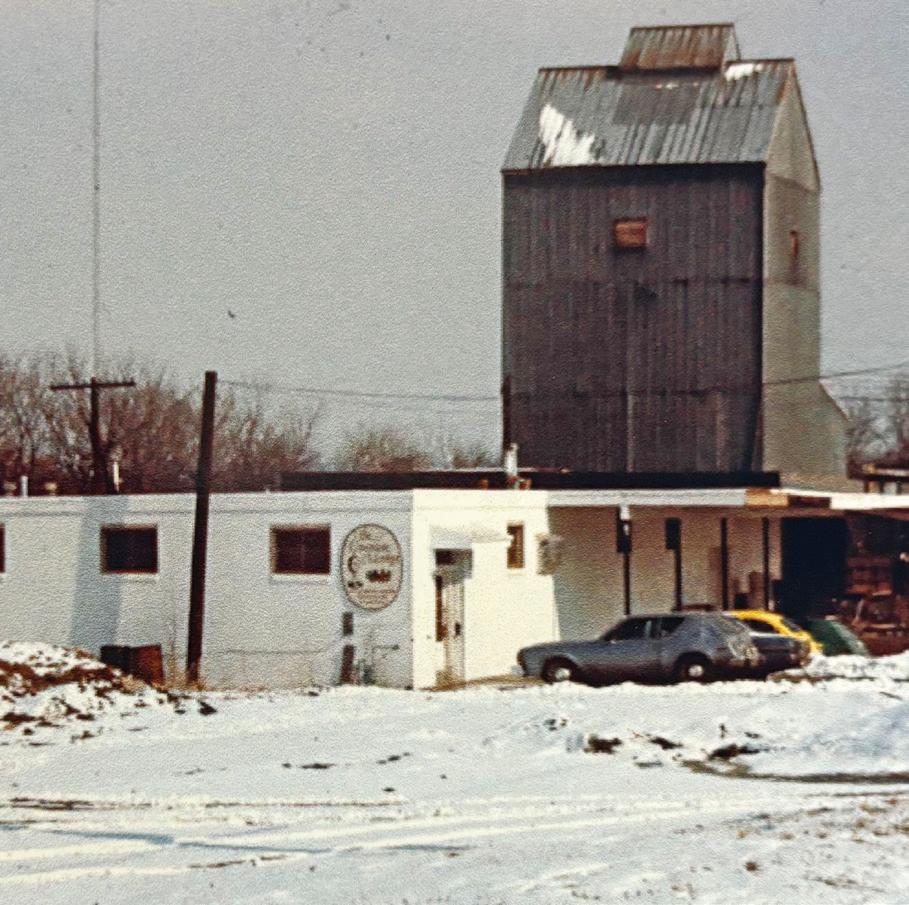
A group of people wanting healthy food at reasonable prices formed a buying club, which was hosted in member families houses like this one in Buckeystown – home of Randy & Francy Williams.
The buying club incorporated as a consumer cooperative and started doing business as The Common Market from it's first storefront on Commerce Street in downtown Frederick.
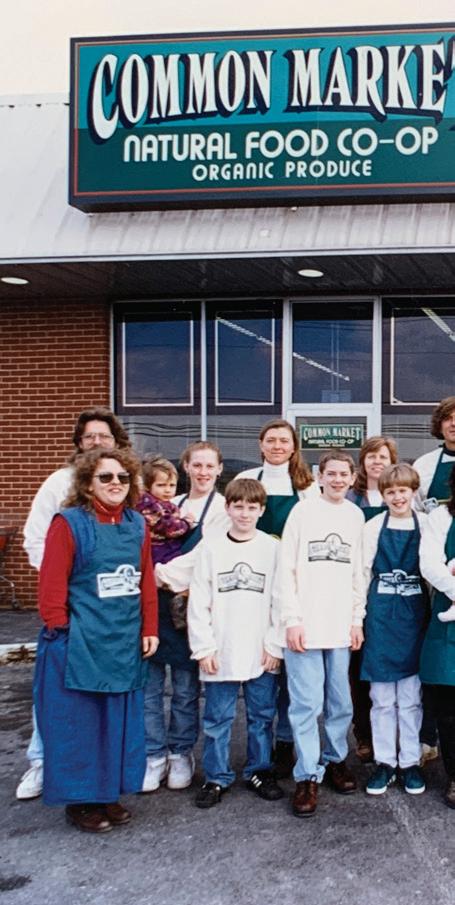
The Common opened its second at 5813 Buckeystown (across the street current Route where it became the public and strength until became necessary.

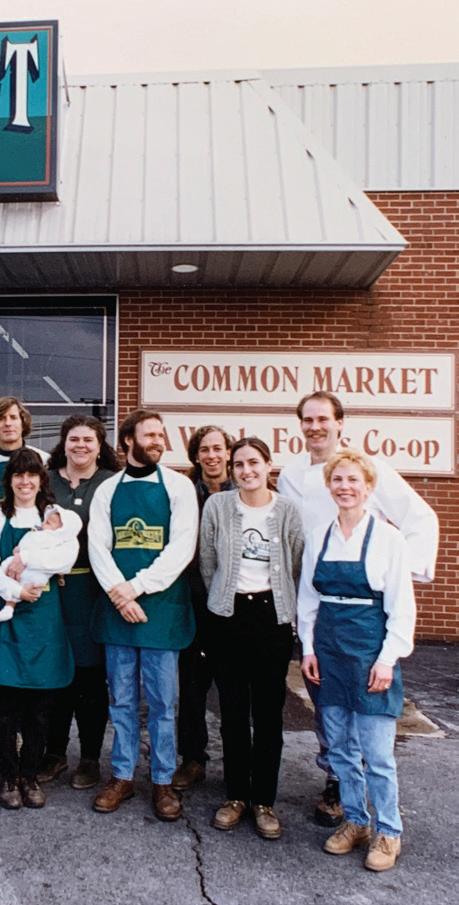
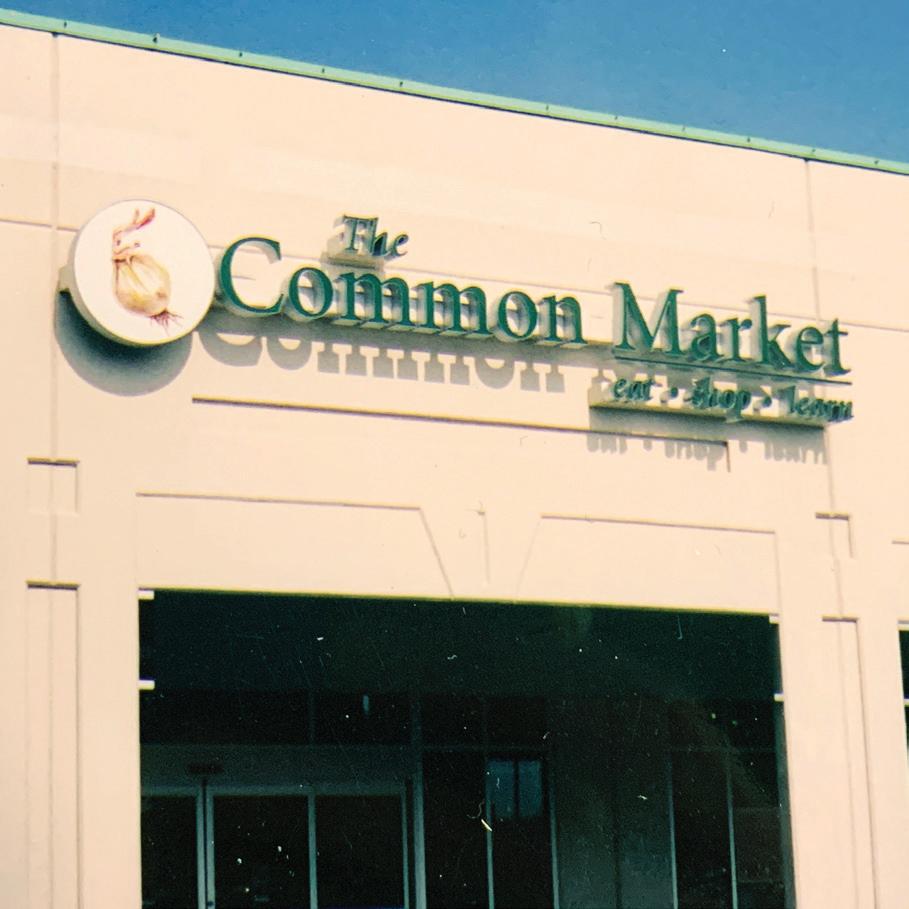
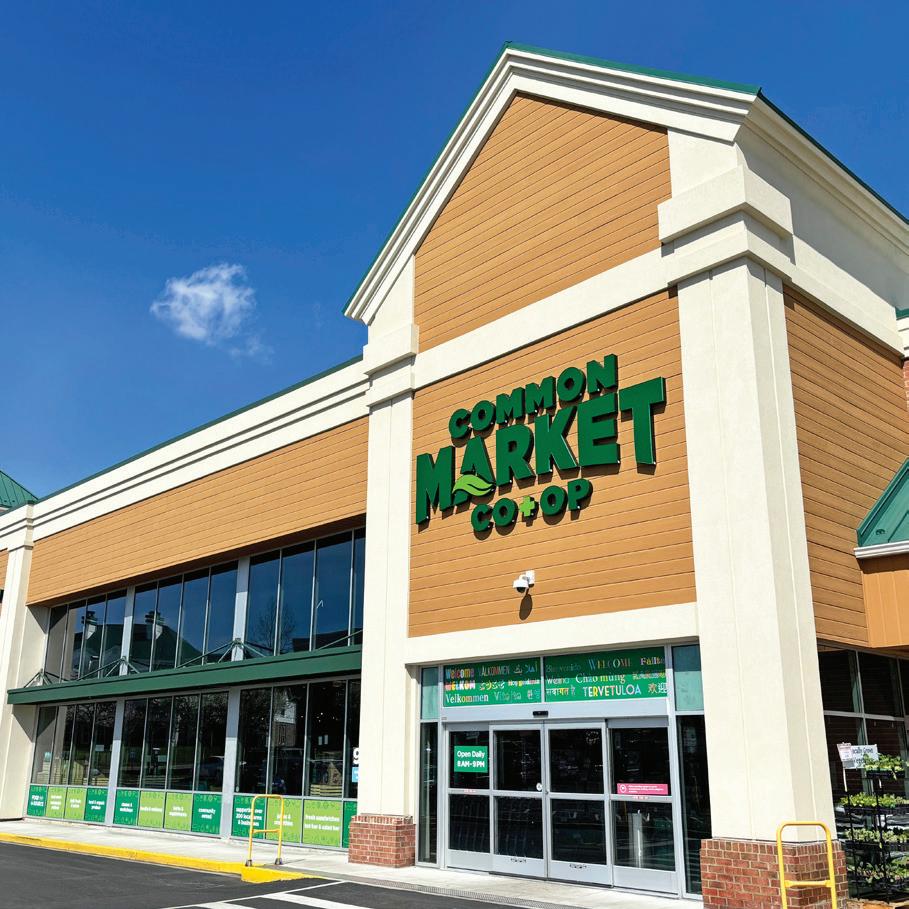
Common Market second location Buckeystown Pike street from the Route 85 store) became open to and grew in another move necessary.

The Common Market opened at our current Route 85 location. The store is four times larger than the previous location, with room for a full-service café, a meat and sustainable seafood counter, specialty cheeses, and a Community Room for events.
The Common Market expanded to open a second location on 7th Street in downtown Frederick. This location offers expanded product offerings, a full-service bakery, and a curbside pickup service.
At the Common Market, “local” is defined as products from farms or businesses within 200 miles of the Co-op. We partner with sustainable, local farms and businesses to provide our community with the freshest, most nutritious and delicious whole foods in our area. 152
View the full Local List at www.commonmarket.coop/shop/local-starts-here
211,315
3,877

1,334
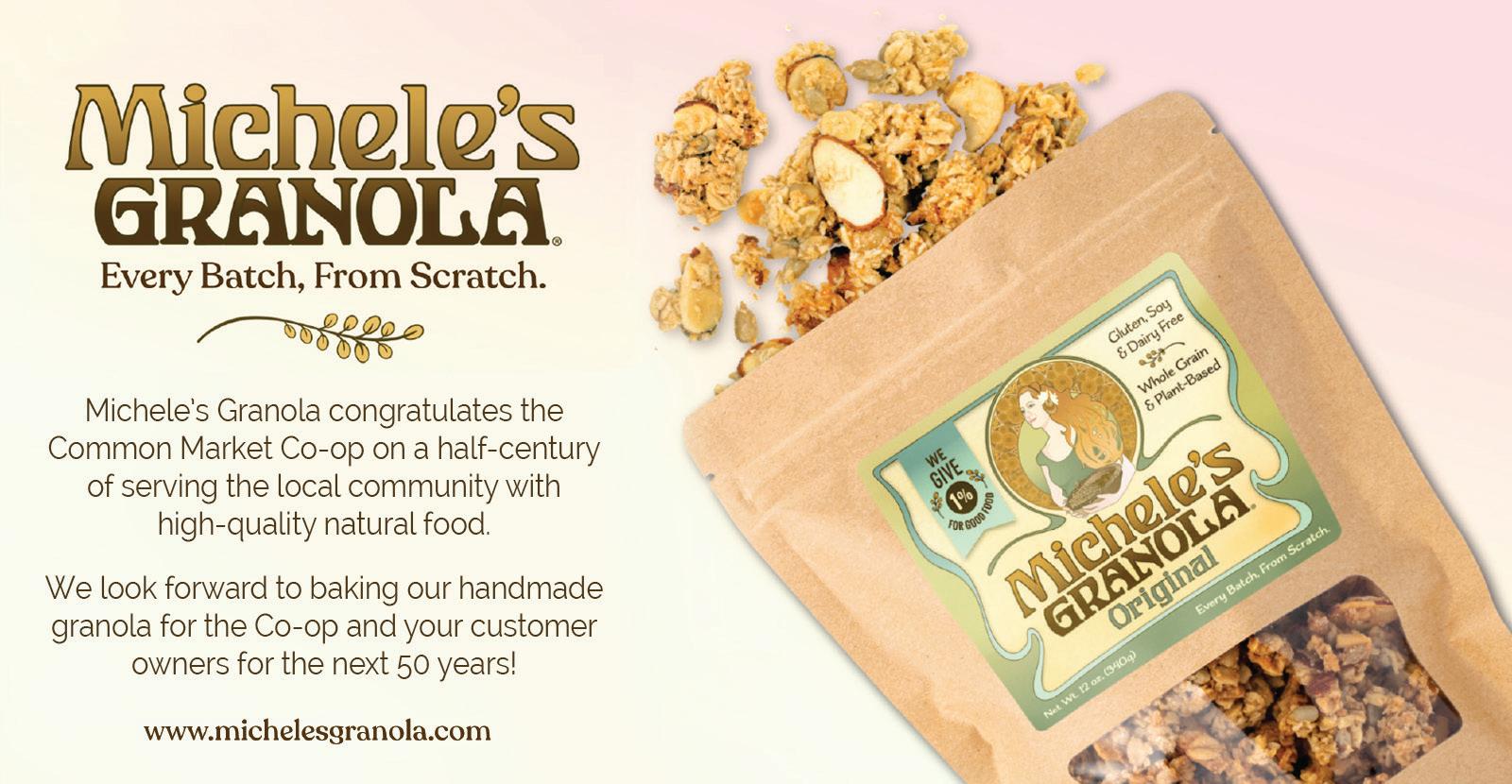

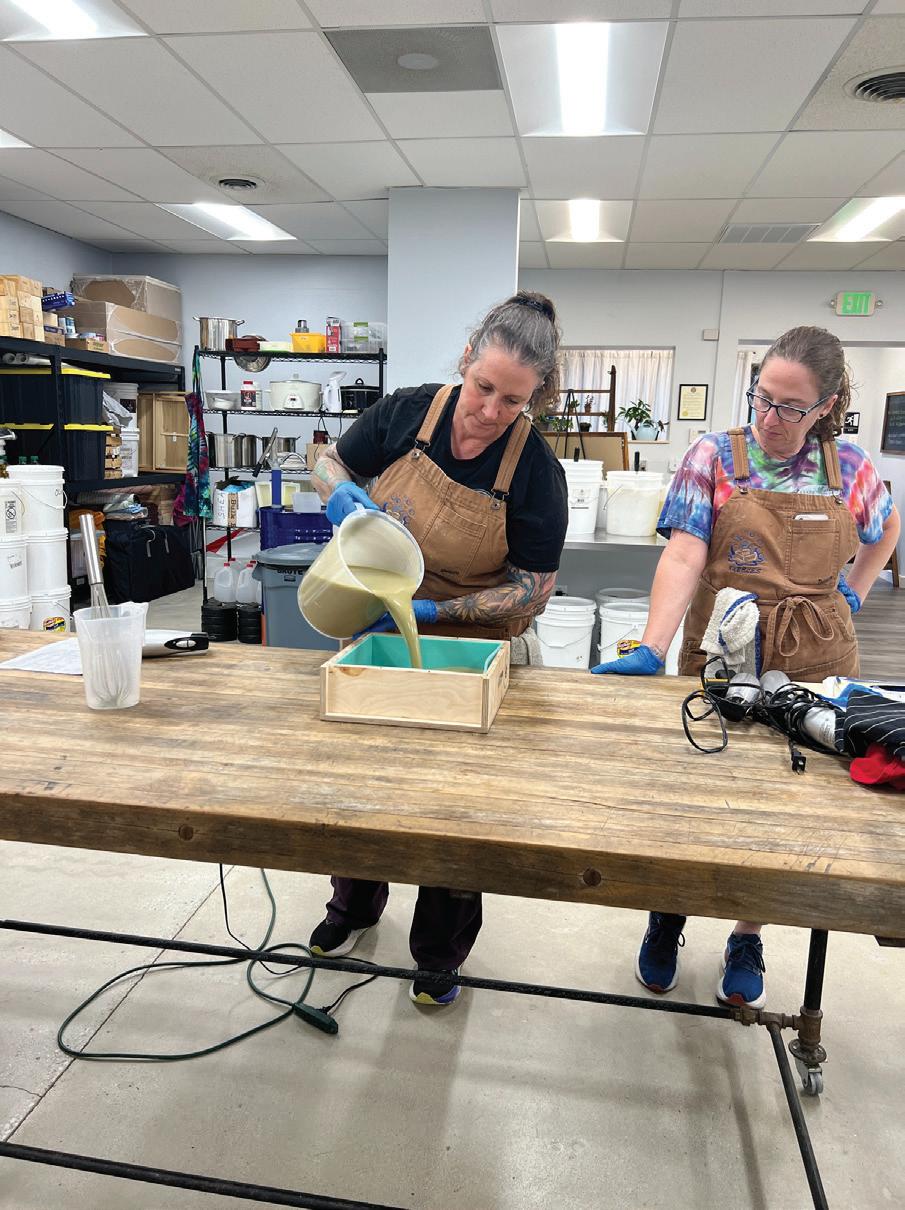

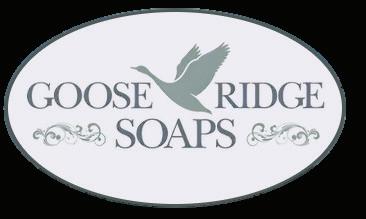
Every quarter, Owners choose four non-profits to support through our Bring-a-Bag for Change program. These non-profits represent the categories of Kids, Environment, Animals, and Community. Shoppers raise money for these charities each time they bring a reusable bag for shopping. The total contribution, combined with a portion of our sales from a given day, is split evenly amongst the four local charities.
$243,639
Total raised since FY '07
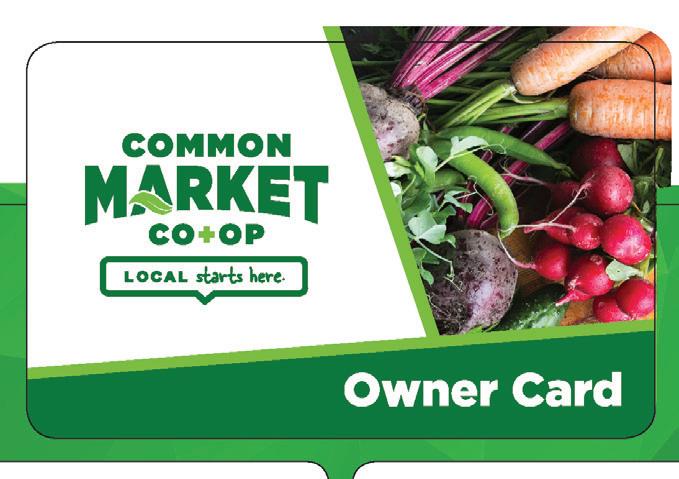
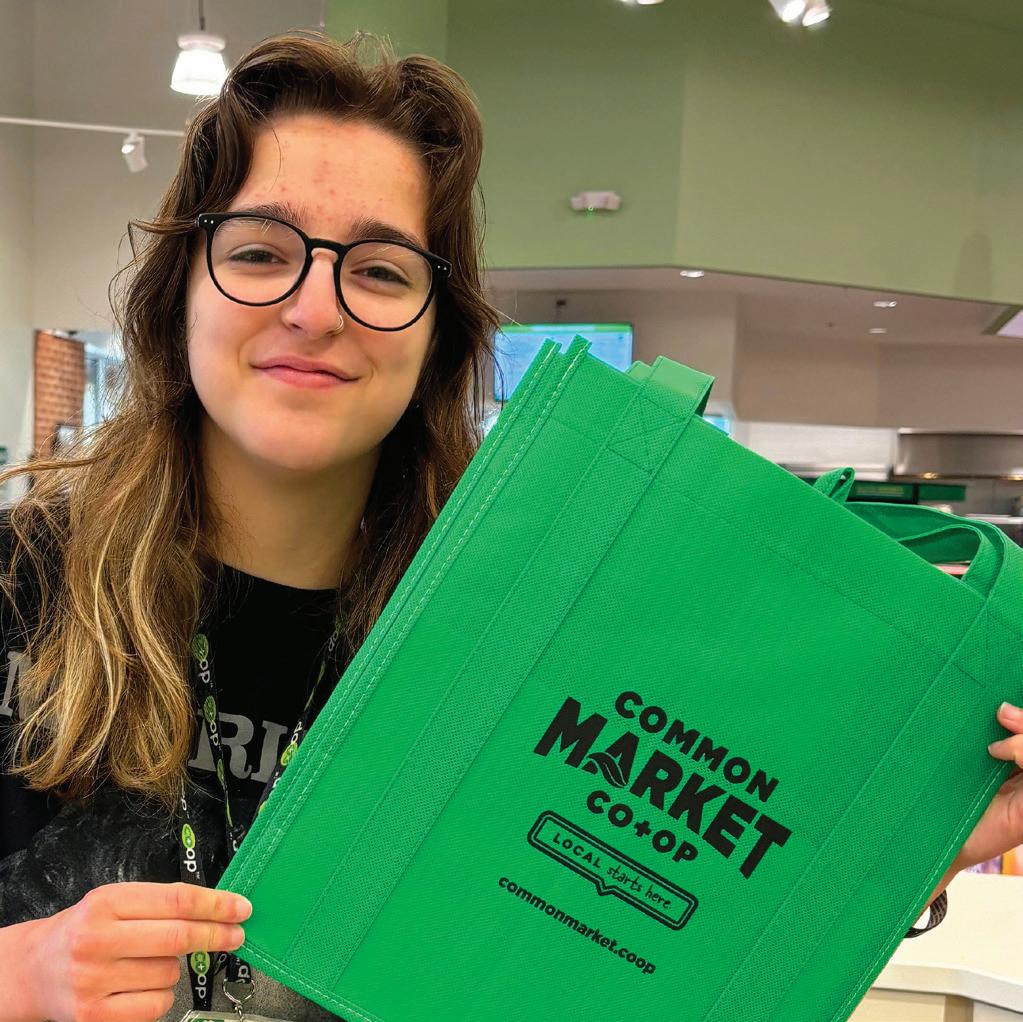
172,840
Total bags saved from the landfill in FY '23
$14,242
Total raised for local non profits in FY '23
A look at the numbers from this past fiscal year...
9,382 TOTAL Co-op Owners
Owners are the foundation of our cooperative. The more Owners use the co-op’s services, the stronger the organization becomes. The stronger the cooperative, the more competitive it can be in the marketplace and impactful it can be to the community.
394 NEW Owners
48%
Approx. Percentage of sales to Owners
121
Total number of Employee-Owners
7
Number of Owners who ran for the Board
*Numbers as of August 2024

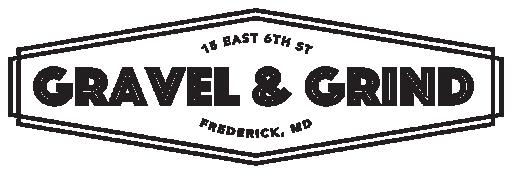
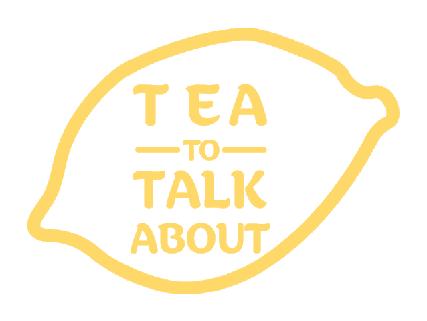









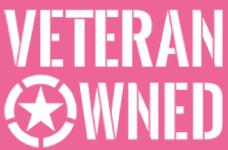


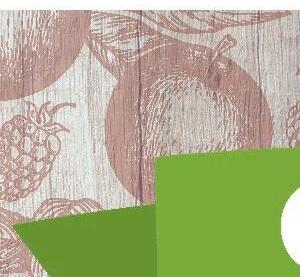



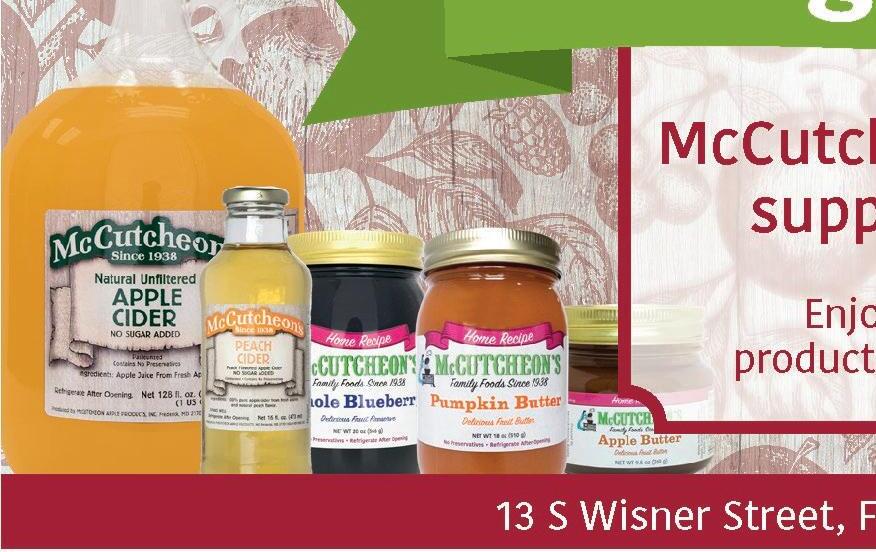
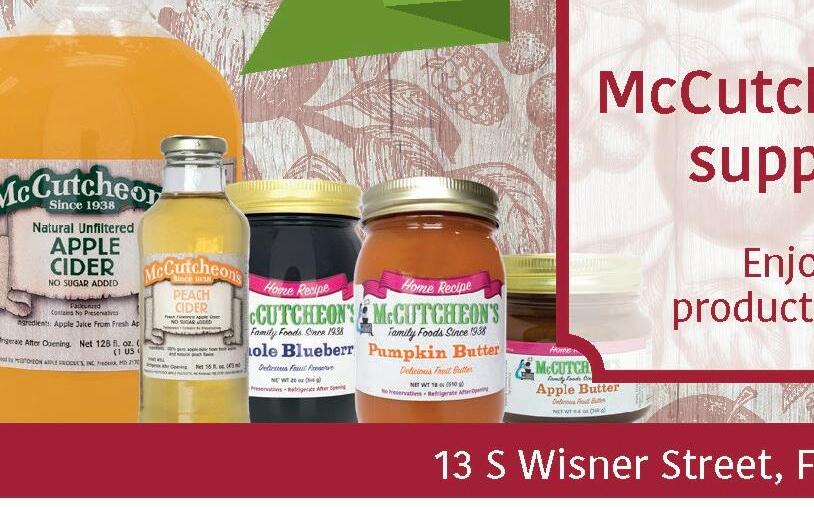
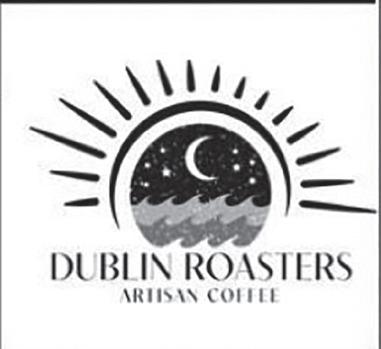
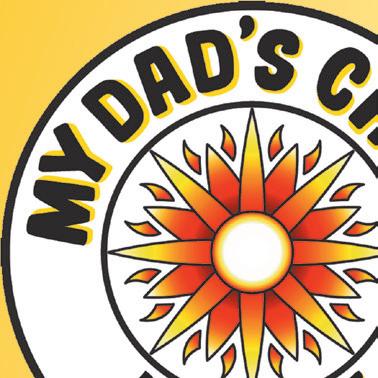




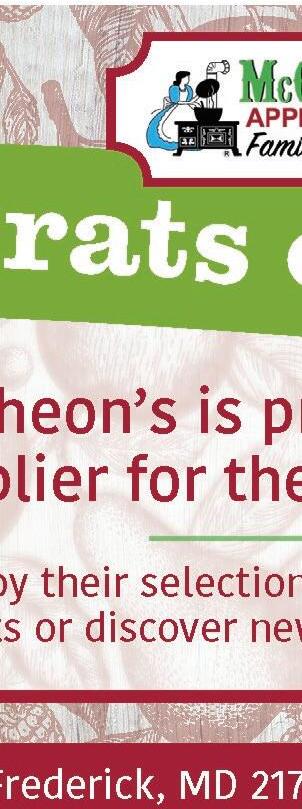






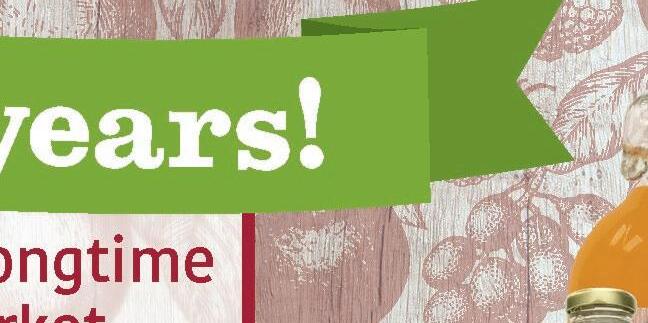

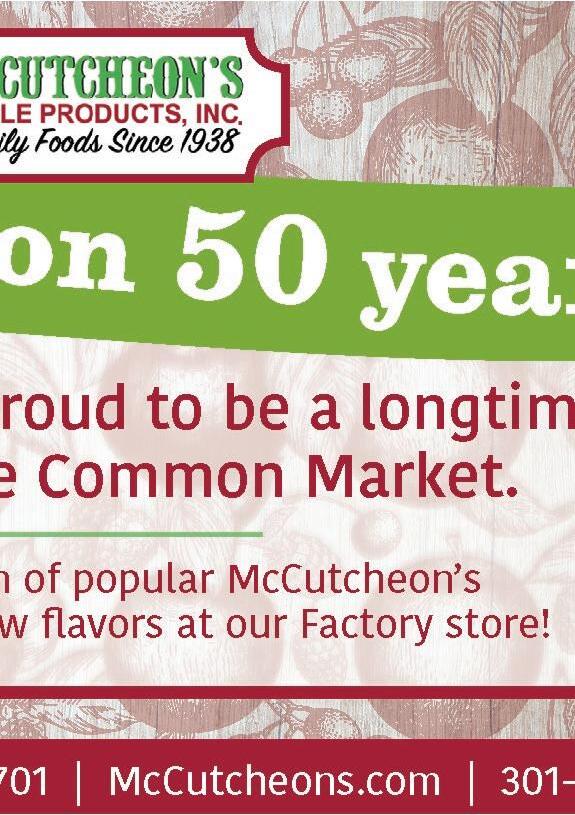
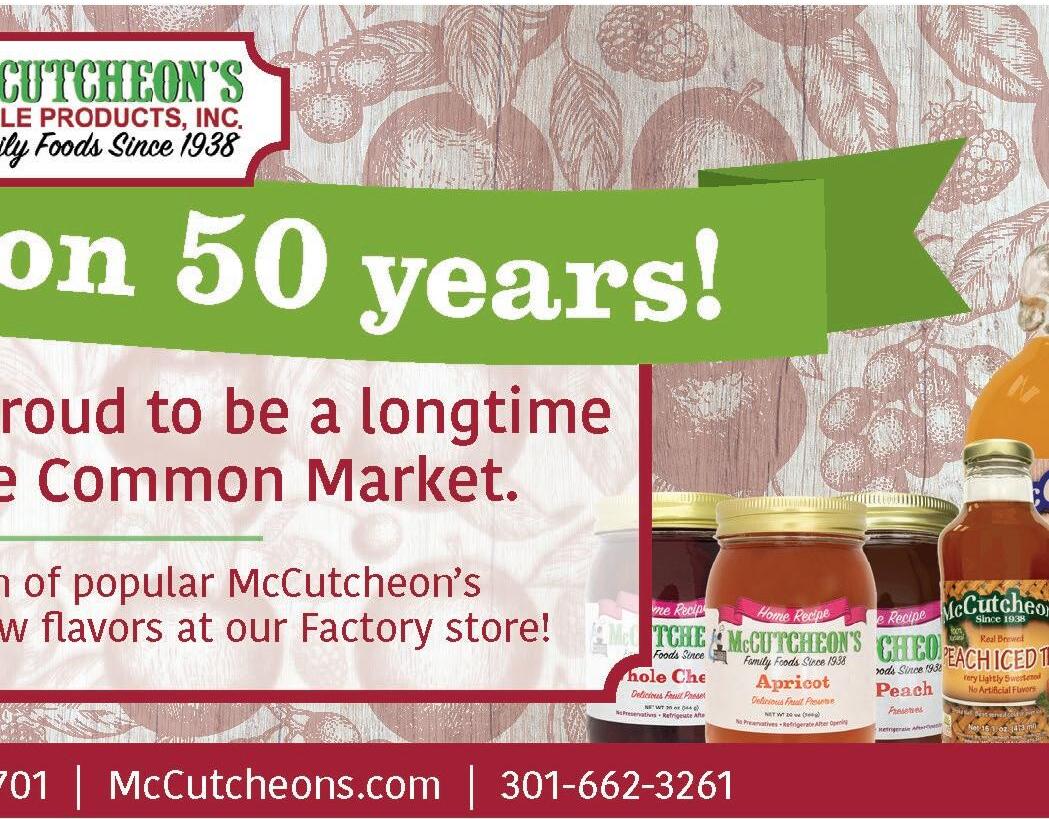
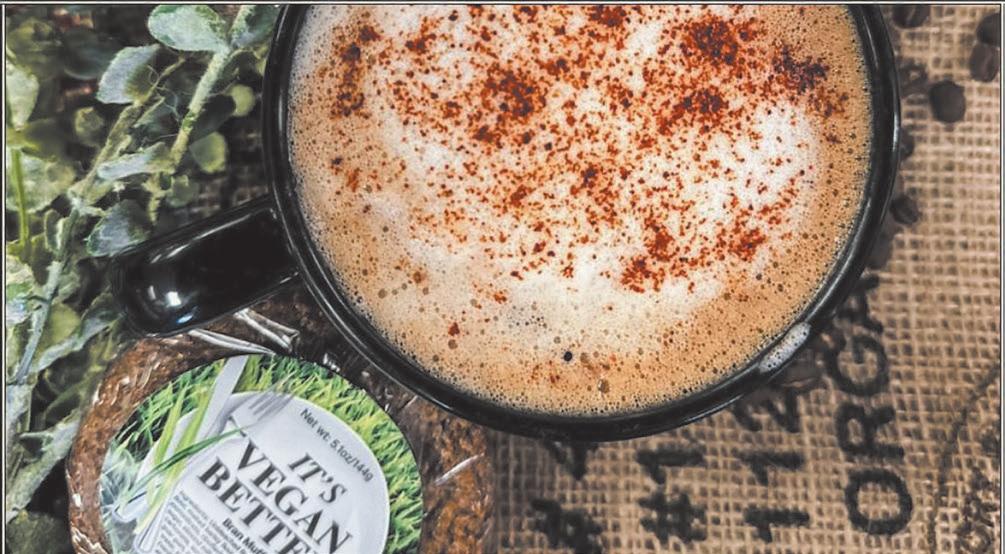
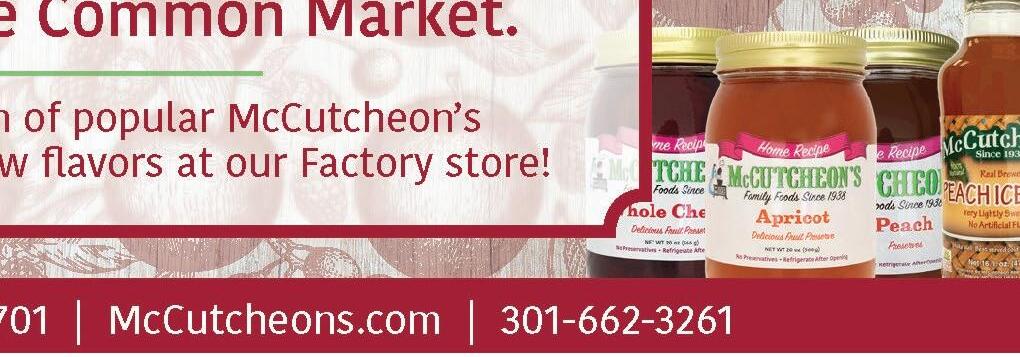



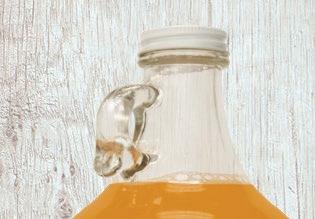


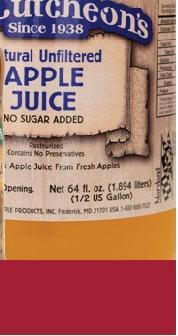
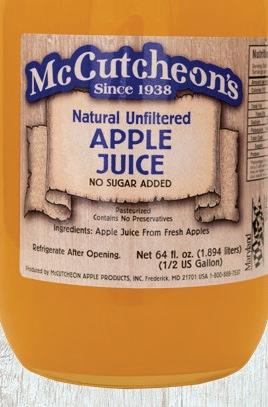
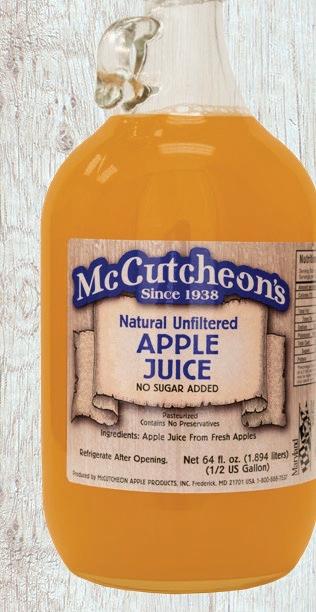

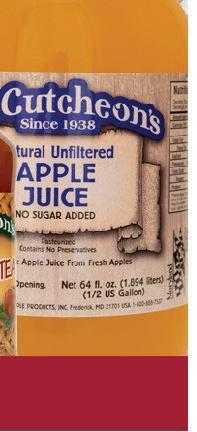


Food shopping can be confusing, but learning the language doesn't have to be an exercise in frustration. This glossary explains food terms you’re likely to encounter so you can get to the bottom of what you’re buying and eating.
When it comes to food labels, definitions can run the gamut from federally regulated standards to third-party organizations that certify food to a single set of standards. Still others are completely open to interpretation and easily misunderstood. When in doubt, ask your co-op staff for help interpreting food terms on packages, or talk directly to the producers at your farmers market to find out more about their methods.
Generally, these terms mean that the product was made by hand with great care and high-quality ingredients. They are most frequently applied to items like bread, cheese, vinegars and jams.
Based on the work of Austrian philosopher Rudolf Steiner, this method of farming is similar to organic agriculture but is additionally rooted in a holistic understanding of nature. It involves treating and managing a farm as a living organism that needs to be nourished and replenished, as well as used for its resources.
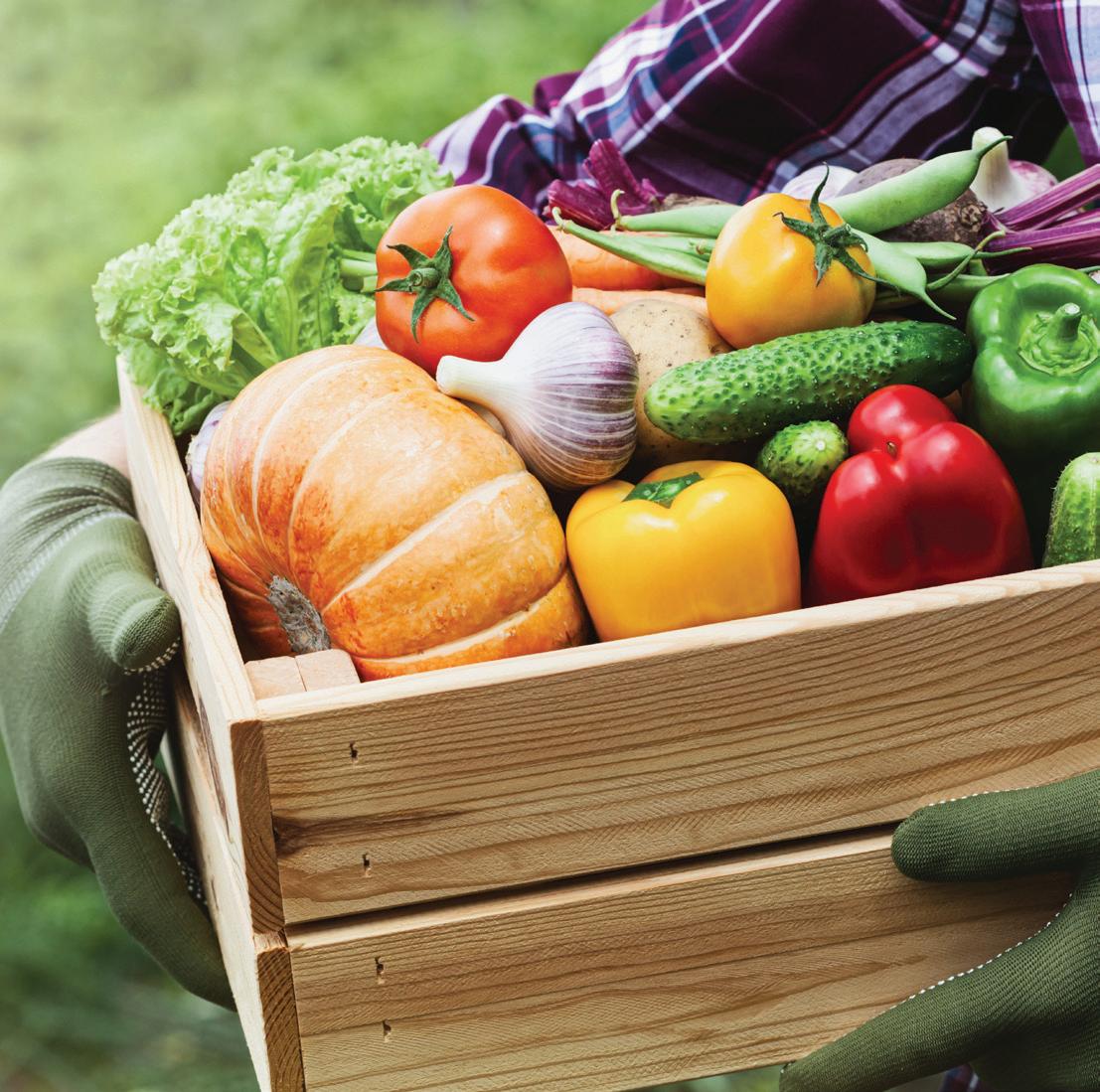
Poultry that's cage-free is allowed to roam, but not necessarily outdoors. This allows poultry to engage in some natural behaviors, such as walking, nesting and perching. This term is not regulated by USDA nor by third-party certifiers for fresh poultry, though it is regulated for eggs that are graded by the USDA.
The USDA's Food Safety and Inspection Service and Agriculture Marketing Service evaluate meat products for class, grade, and other quality characteristics. Their findings are then represented on food labels as “Certified,” such as “Certified Angus Beef.” The word “Certified” can also mean a product meets standards defined by a third-
party, nongovernmental organization or trade group. In such cases, the USDA requires that the word “Certified” be printed in close proximity to the name of the certifying organization or standard, such as “Fair Trade Certified.”
Products that are created via standard practices accepted by the agriculture industry are often called “conventional.” This isn’t an official term, but it implies that the product did not undergo any special production or certification processes, which means it may include pesticides, antibiotics, hormones, or genetically modified traits. It may also have been produced with agribusiness practices like use of synthetic fertilizers and monoculture
cultivation (in which land is used exclusively for the constant cultivation of a single crop—a practice that leaves soil depleted of nutrients and often requires synthetic fertilizers, pesticides and/or genetically modified crops for continued use).
A market-based approach to reducing poverty and empowering farmers around the world by encouraging fair wages and labor conditions and promoting environmental sustainability. Fairtrade is the world’s largest and most recognized fair trade system, consisting of Fairtrade International and Fairtrade America. Products labeled as fair trade must be certified by a third-party organization to international standards.
The American Cheese Society classifies a cheese as “farmstead” if it is made with milk from the producer’s herd or flock and crafted on the farm where the animals are raised.
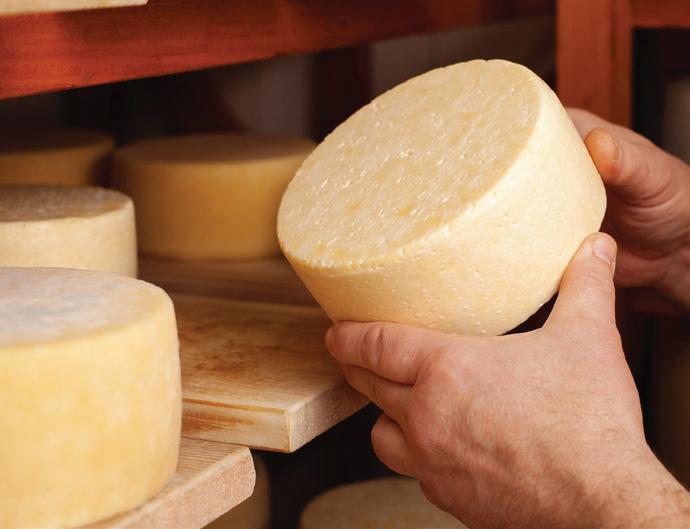
This term indicates the interconnected nature of a local food system. In the same way a rivershed is comprised of diverse, interdependent plant and animal species, a foodshed is made up of local and regional food producers, their customers, and the retailers (food co-ops, farmers markets and independent grocers) that carry their products, creating an integrated local economy.
This USDA regulation means that the animal has been allowed access to the outside. The government doesn't specify that poultry must go outside, for how long, or the amount or kind of space that must be provided, but the idea is that poultry is free to roam outdoors and engage in natural behaviors. USDA’s free-range certification only applies to poultry, not eggs.
A GMO is a plant or animal produced by genetic engineering. Genetic engineering is direct manipulation of a plant or animal’s DNA by humans to speed up or circumvent natural evolution. This may involve inserting genes from one organism into the DNA of another unrelated organism, as with AquAdvantage Salmon.® Newer techniques involve removing naturally occurring genes in a process known as gene silencing or gene editing, such as the Arctic Apple.®
Indicates the absence of gluten, which is composed of two proteins that naturally occur in some grains, including wheat, spelt, and rye, and products derived from these grains. Since 2014, the U.S. Food and Drug Administration (FDA) has regulated that gluten-free claims can only be used on foods that contain less than 20 parts per million (ppm) of gluten. This is in line with international standards.
Grass-fed or pastured beef comes from cattle fed a natural diet of grass and allowed to graze outdoors for food. Many grass-fed cattle are then “finished” on a diet of grain to increase their weight before slaughter. Look for beef labeled “grass-finished,” or “100% grass fed,” which means that cattle lived their full lives on a grass diet.
Heirloom, or heritage, species are seeds and livestock breeds that have been cultivated over generations. There is no official definition, but it is widely agreed that seeds are open pollinated, and a strict interpretation of the term requires that the species be at least fifty years old and not commercially cultivated on an industrial scale.

A highly refined sweetener derived from corn, commonly found in a wide variety of packaged and processed foods, candies and beverages in the United States, including soft drinks, yogurts, salad dressings and soups.
Humane treatment of animals does not have a legal definition. However, the “Certified Humane” label indicates that the meat comes from animals that were able to engage in natural behavior, given ample space, provided clean water and a healthy diet free of antibiotics and hormones, as well as handled, transported and slaughtered using techniques that minimize stress for the animals.
A science-based approach that draws on a variety of pest management
techniques with the aim of reducing use of pesticides, including pest prevention methods, pest population monitoring, companion planting, predatory insects, sanitation and disruption of insect behaviors.
There is no standard agreement about what constitutes “local food,” definitions can range from a regional, multistate area to within miles of a given location. Ask a staff member for more information about how your grocery store defines their local food area.
This term is defined by the USDA only for meat products, which should be only minimally processed and contain no artificial ingredients or added colors. As defined, the term is broad enough to cover most meats. The label may be added to products at the meat manufacturer’s discretion— the USDA does not investigate every claim. On produce and packaged food labels, “natural” is a marketing term, suggesting that the product was created without the use of artificial ingredients. Because the term is not regulated or verified by a third-party certifier for non-meat products, however, shoppers should be wary of the claim.
Industrial meat companies often add antibiotics to animals’ food to prevent disease caused by cramped and unsanitary conditions, a practice that is raising concern about the emergence of antibiotic-resistant illnesses in people. The USDA allows the label “no antibiotics added” or “raised without antibiotics” on meat or poultry products. However, the use of these terms is not verified by third-party certifiers and is largely based on information given by the producers themselves, thus reducing the strength of such labels. The term
"antibiotic-free" is not defined or approved by the USDA.
Industrial meat companies use hormones to promote growth and milk production in cattle. The USDA regulates the label “no hormones administered” on beef, and federal law does not allow hormones in raising hogs and poultry.
The term organic is regulated by the United States Department of Agriculture (USDA) and refers to crops and animals raised in accordance with organic standards, which include the avoidance of synthetic chemical inputs (pesticides, fertilizers), avoidance of GMO seeds, avoidance of growth hormones, antibiotics, irradiation and sewage sludge. Organic certification happens through a third-party certifying agent, and must be renewed annually through a successful inspection.
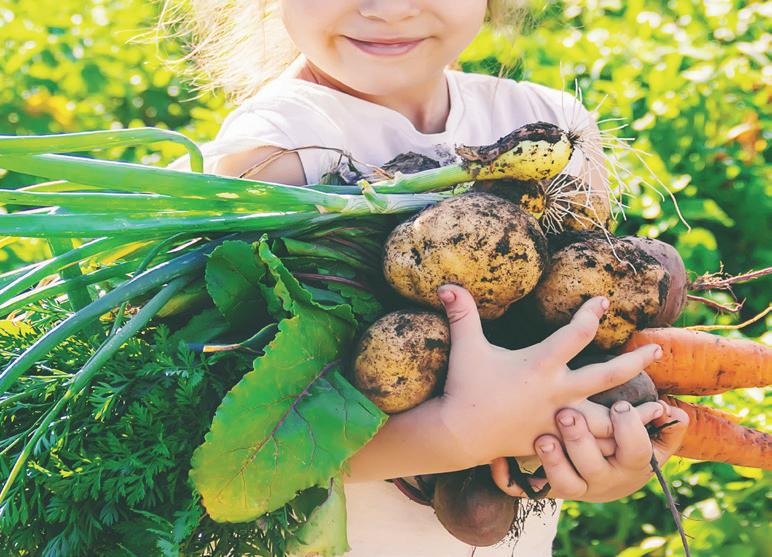
Pasteurization is the process of heating foods to kill pathogenetic bacteria. The USDA regulates the use of this word in food labeling and in some cases may require certain foods to be pasteurized. Homogenization, when it refers to milk, is a mechanical process that breaks down the fat globules so that they are uniform in size and distributed evenly
throughout the milk. Some milks are pasteurized, but not homogenized, so the cream rises to the top.
Labels of “pesticide-free” and “no spray” are not regulated or verifiable.
A system of farming principles and practices that increases biodiversity, enriches soils, improves watersheds and enhances the ecosystem. Regenerative farms use at least four of these six techniques: compost application, cover crops, crop rotation, green manures, no-till or reduced tillage and/or organic production. This type of farming is particularly good at drawing carbon out of the atmosphere and sequestering it in the soil, making it a leading technology for slowing climate change.
The term sustainable describes a restorative system that does not systematically degrade resources. The most commonly used definition says that sustainable systems meet the needs of the present without compromising the ability of future generations to meet their needs. Another definition we love is simply, “Enough, for all, forever.”
Products labeled “vegan” do not contain any animal products, including meat, dairy and animal by products.
Fruit that has been allowed to ripen on the vine or tree instead of being plucked early to “ripen” via treatment with ethylene gas during longdistance shipments to retail locations.
FIND RECIPES AND ARTICLES ABOUT YOUR FOOD AND WHERE IT COMES FROM AT GROCERY.COOP

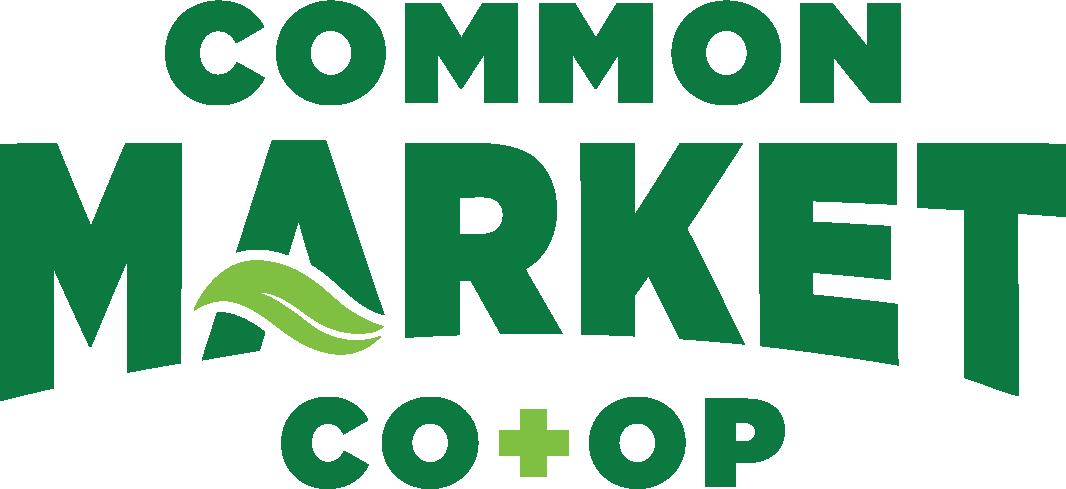
The Common Market believes that a business owned by its customers is in the best position to meet the needs and desires of those customers.
Ownership is about more than investing in wise choices for your health; it’s about investing as a partner in the business. The Common Market measures its success through a three-tiered bottom line–people, planet, profit–that correlates to social, environmental, and economic development. We believe a business should be a positive contributor to the local community. We make a conscious effort to give back to our growing community in a variety of ways to show our gratitude for the community’s support of the co-op. We are here because we want the health of our families, our planet, and our store to grow.
Do you want to be a part of this movement? Take a look at the benefits, rights, and responsibilities of a Common Market owner and become an owner today!
10% discount on Owner Appreciation Days in February, June, and October
Free Bulk Water (deionized & reverse osmosis – bring your own container!
Special discounts from Community Partners
Subscription to Spoonful, the Common Market newsletter, delivered voa mail or email
New owners receive exclusive coupons
50% discount on Community Room classes for yourself and one guest
12% discount on special orders
Opportunity to serve on the Board of Directors
Opportunity to attend Ownerfest, our annual owner meeting
Free tote bag
A Pattronage Rebate in years the co-op is profitable
Keeps farms in our community
Keeps profits in our community
Ensures our ability to carry out our mission in Frederick County
Supports a home-grown business
Encourages and supports sustainable farming practices
Encourages and supports fair, ethical, and just business practices





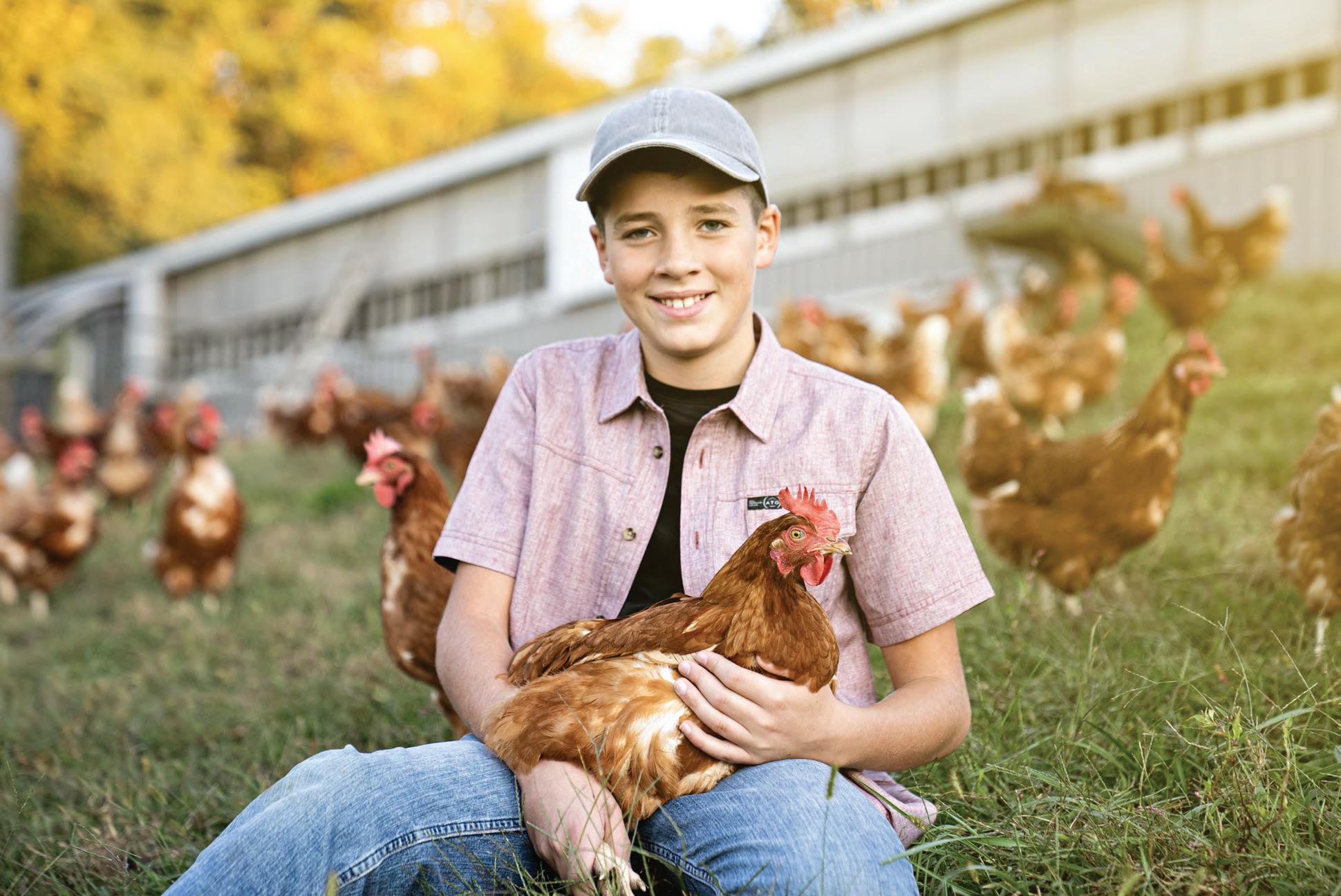



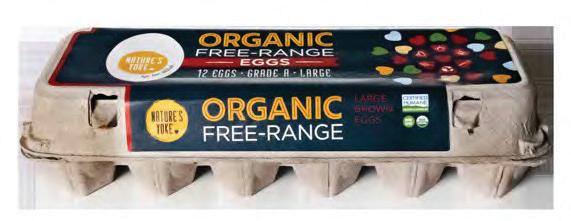
FEEDING OUR COMMUNITY IS
Hood College is committed to a sustainable future. Our community gardening program, the Frederick Food Security Network (FFSN), brings fresh produce to local food deserts and promotes environmental stewardship in Frederick and beyond. Along with academic programs like sustainability studies and nutrition science, we strive to make Frederick a safer and healthier place to live.
Get involved with FFSN and learn how you can join Hood College’s mission to enrich our hometown.
HOOD.EDU/FFSN
